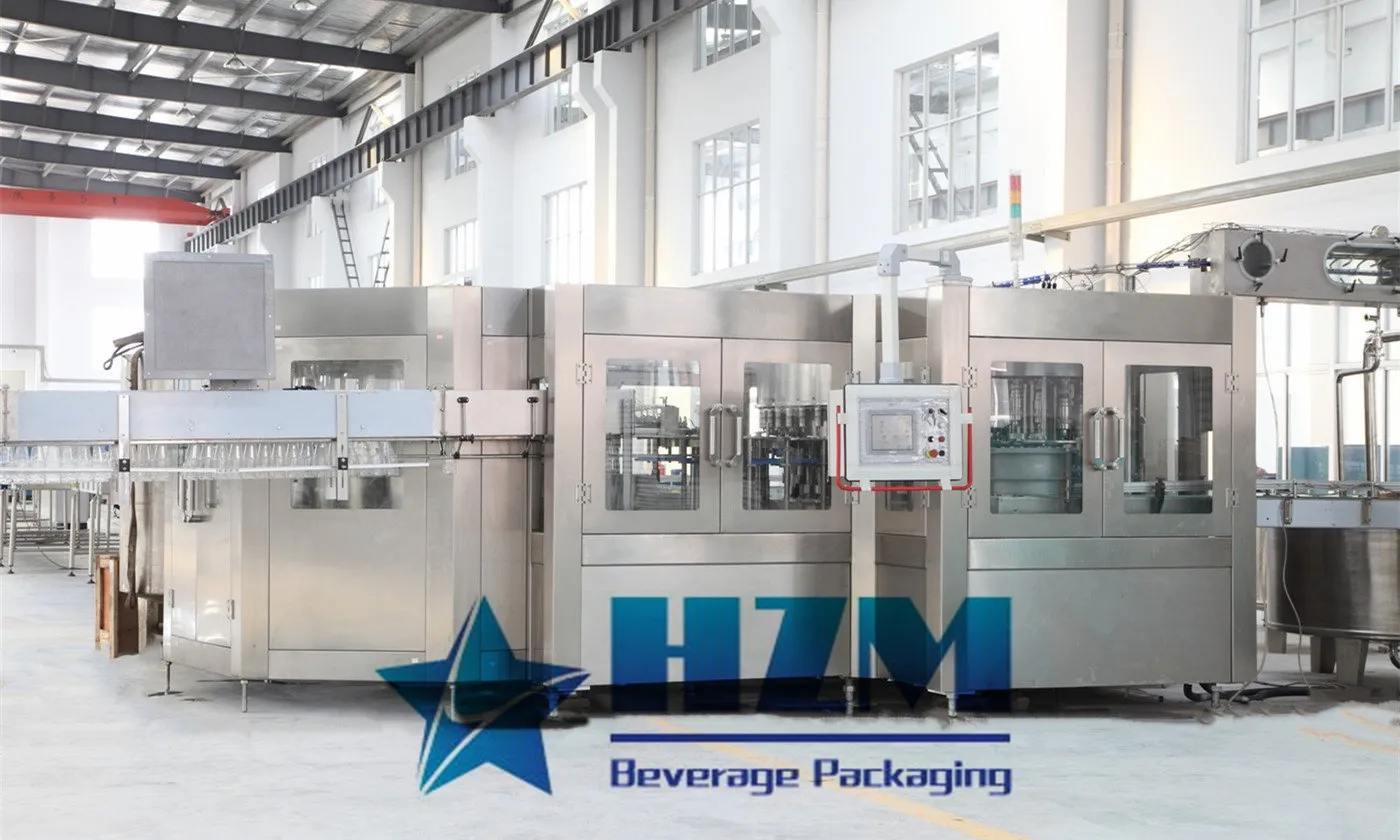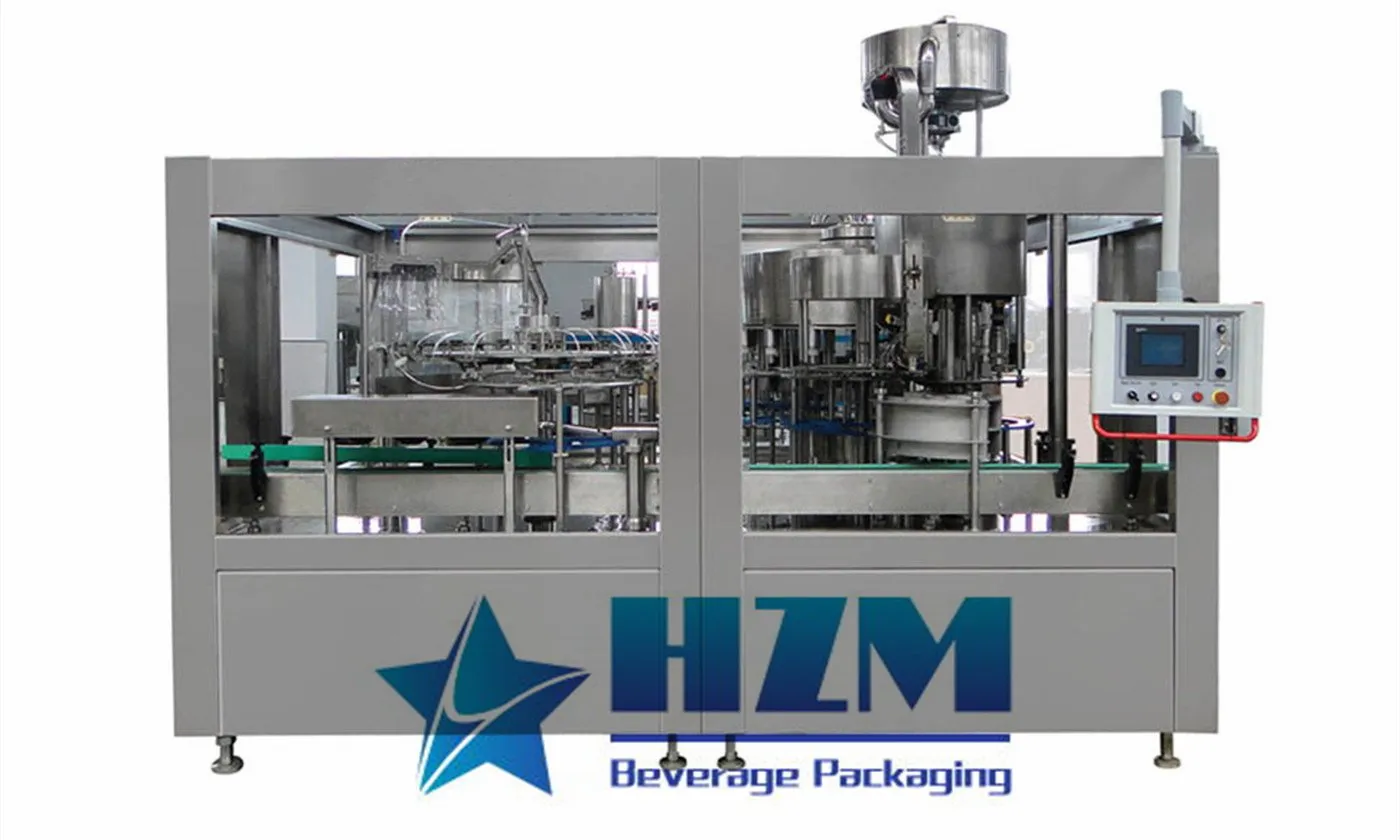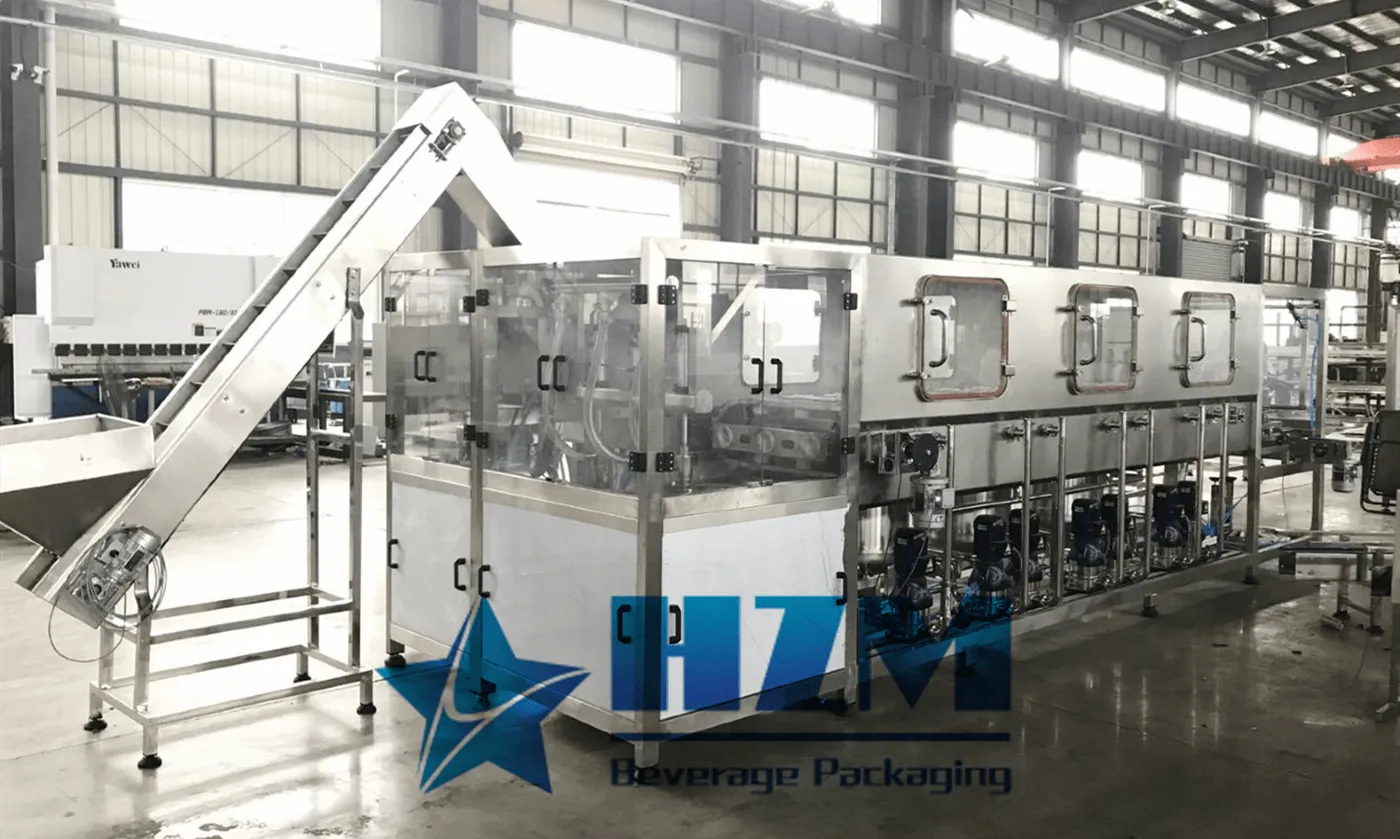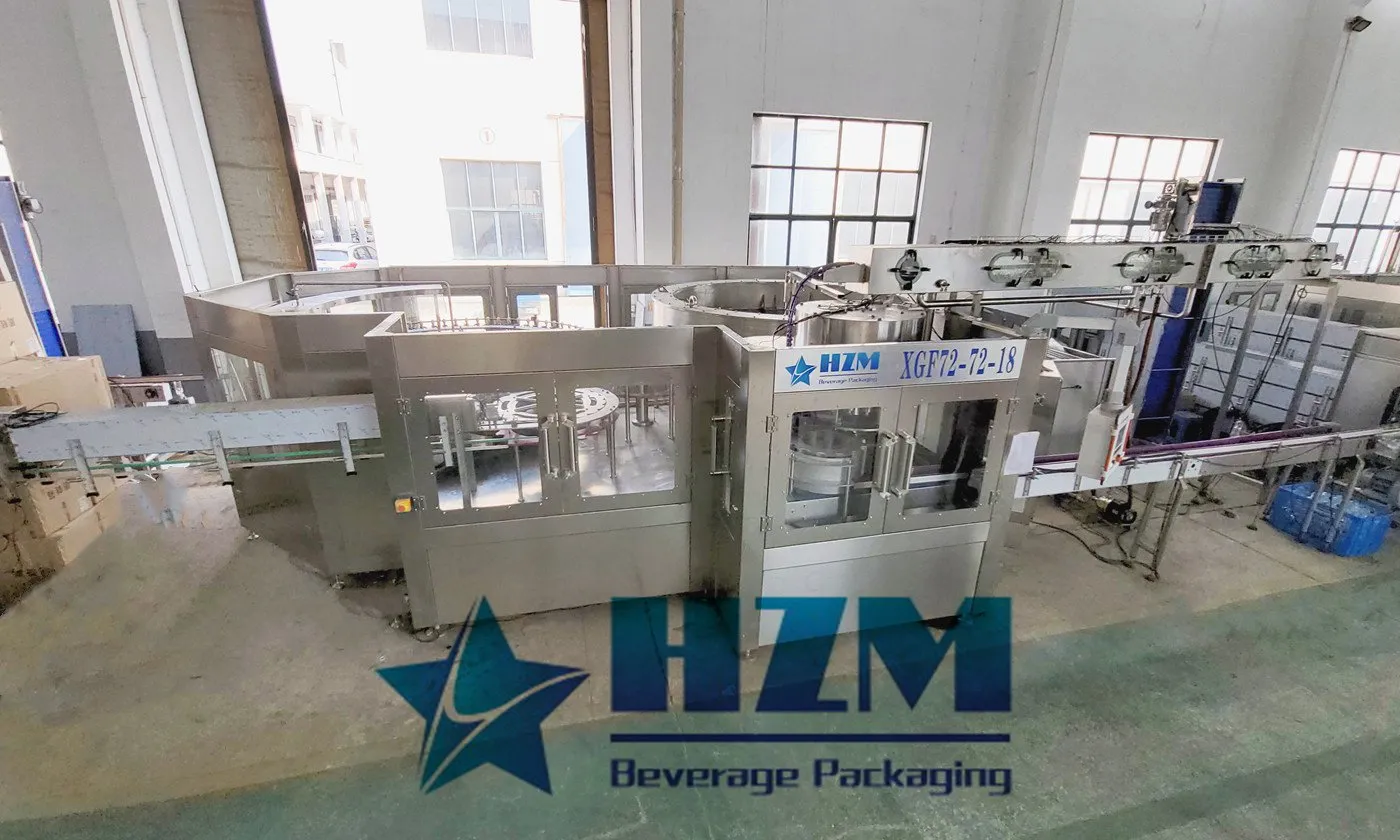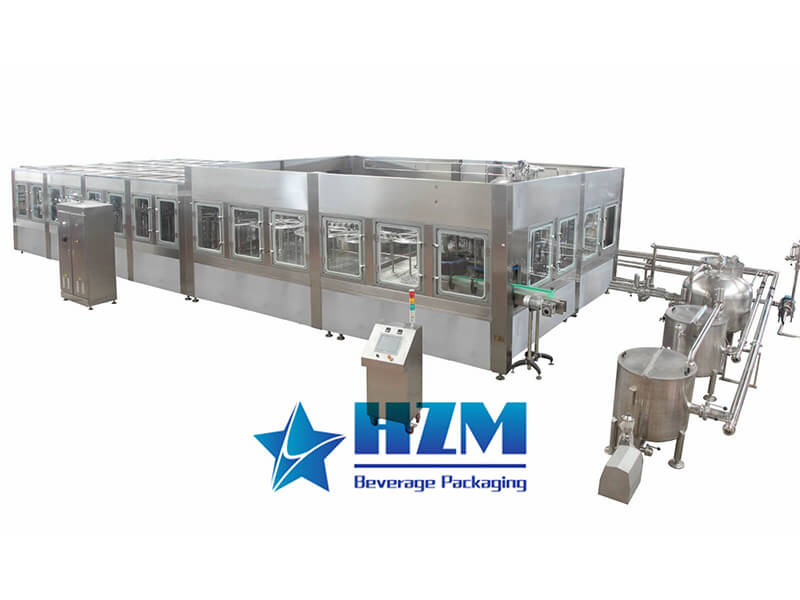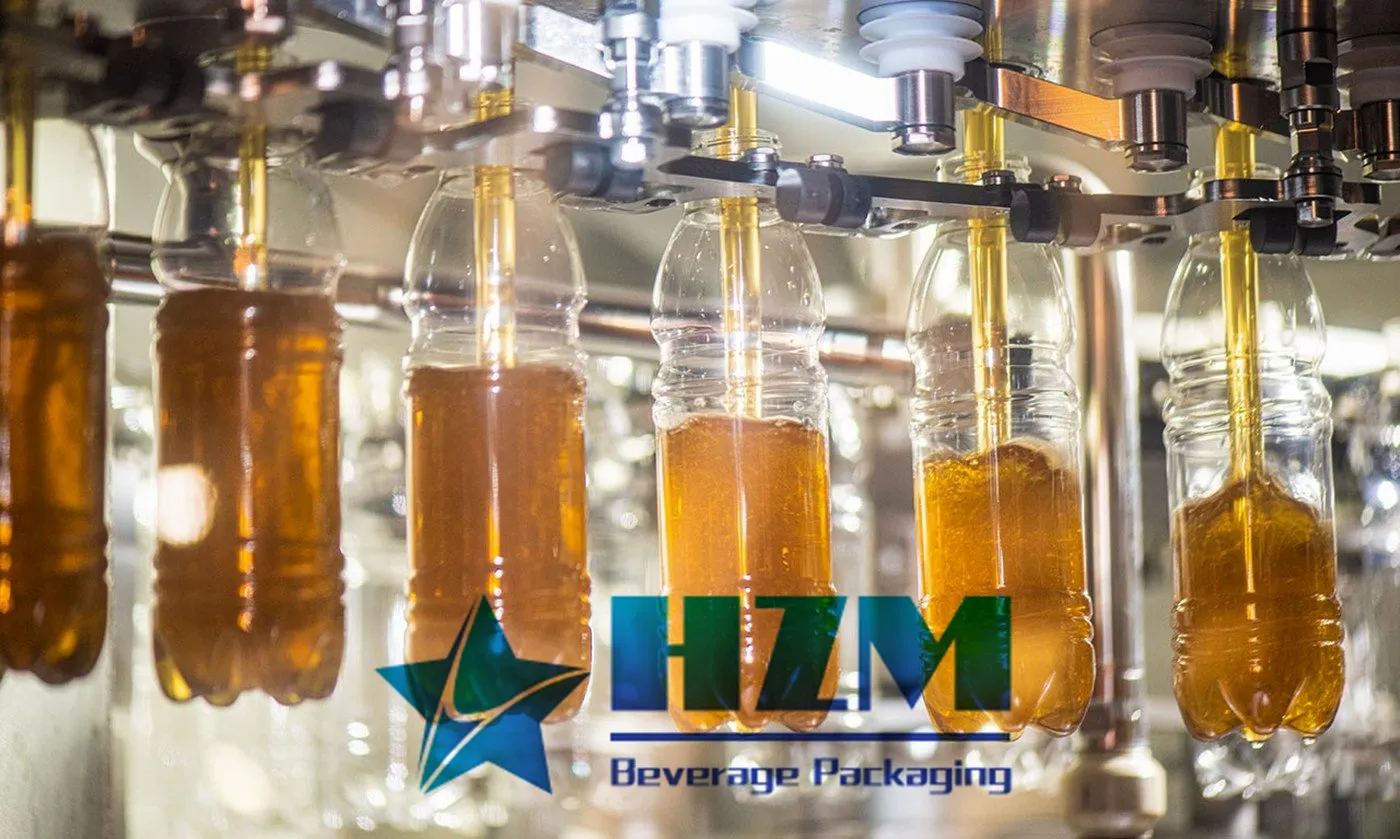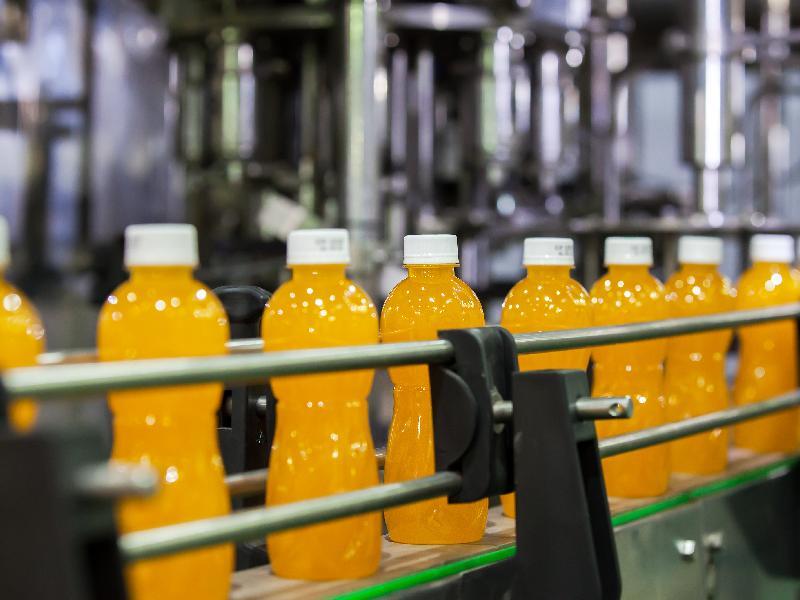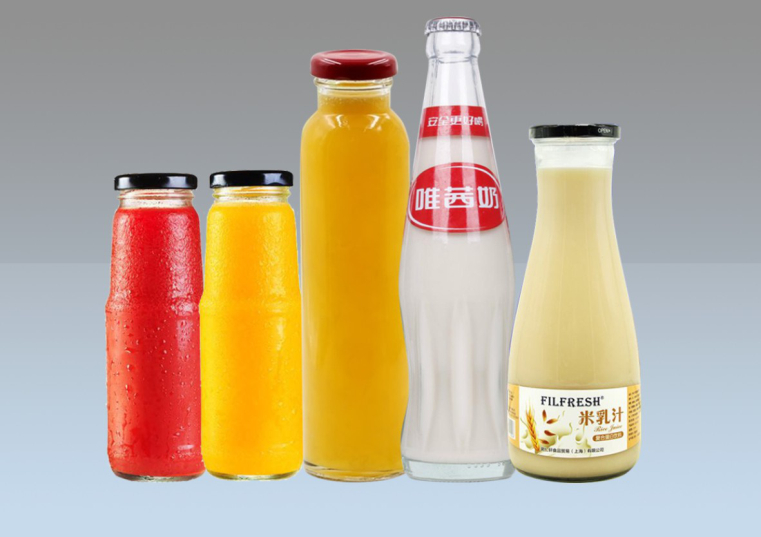Filling Machine – A Comprehensive Encyclopedia
Introduction: A filling machine is a specialized industrial equipment designed to accurately fill containers with various types of products, such as liquids, powders, granules, and pastes. It plays a crucial role in the packaging industry by automating the filling process, ensuring efficiency, accuracy, and consistency in product packaging. This comprehensive encyclopedia will delve into the types, working principles, applications, and benefits of filling machines.
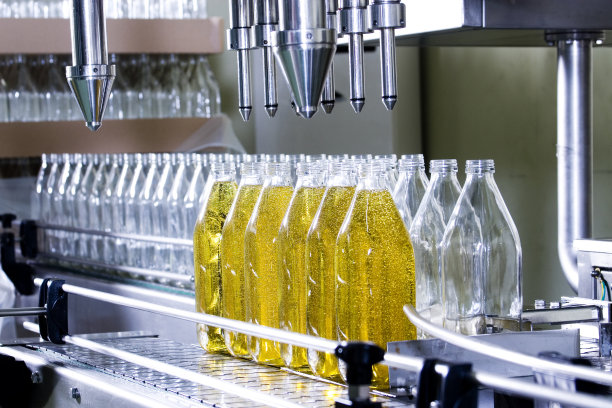
Types of Filling Machines:
- Liquid Filling Machines: These machines are specifically designed for filling containers with liquid products, such as beverages, oils, chemicals, and pharmaceutical solutions. Common types include gravity fillers, piston fillers, and overflow fillers.
- Powder Filling Machines: Powder fillers are used for accurately measuring and filling containers with powdered substances, such as spices, pharmaceutical powders, and food ingredients. Auger fillers and volumetric fillers are commonly used for this purpose.
- Granule Filling Machines: Granule fillers are ideal for filling containers with granular products, including grains, seeds, fertilizers, and pet food. They utilize mechanisms such as vibratory feeders and belt conveyors to achieve precise filling.
- Paste Filling Machines: Paste fillers are employed for filling containers with viscous or semi-liquid products, such as sauces, creams, gels, and adhesives. Piston fillers and rotary fillers are commonly used for paste filling.
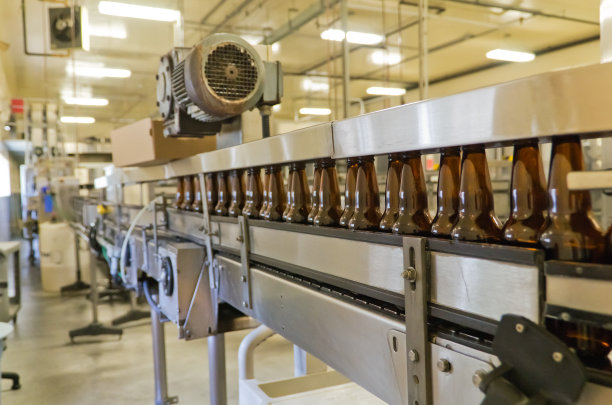
Working Principles: Filling machines employ different mechanisms and techniques to achieve accurate and efficient filling. The most common working principles include:
- Gravity Filling: In gravity filling machines, the product flows from a higher position into the containers due to gravity. The flow is controlled using valves or nozzles to ensure accurate filling levels.
- Pressure Filling: Pressure filling machines use pressure differentials to fill containers. The product is forced into the containers under pressure, ensuring precise filling levels.
- Volumetric Filling: Volumetric fillers measure a predetermined volume of the product and dispense it into containers. This is achieved using mechanisms such as pistons, pumps, or rotary valves.
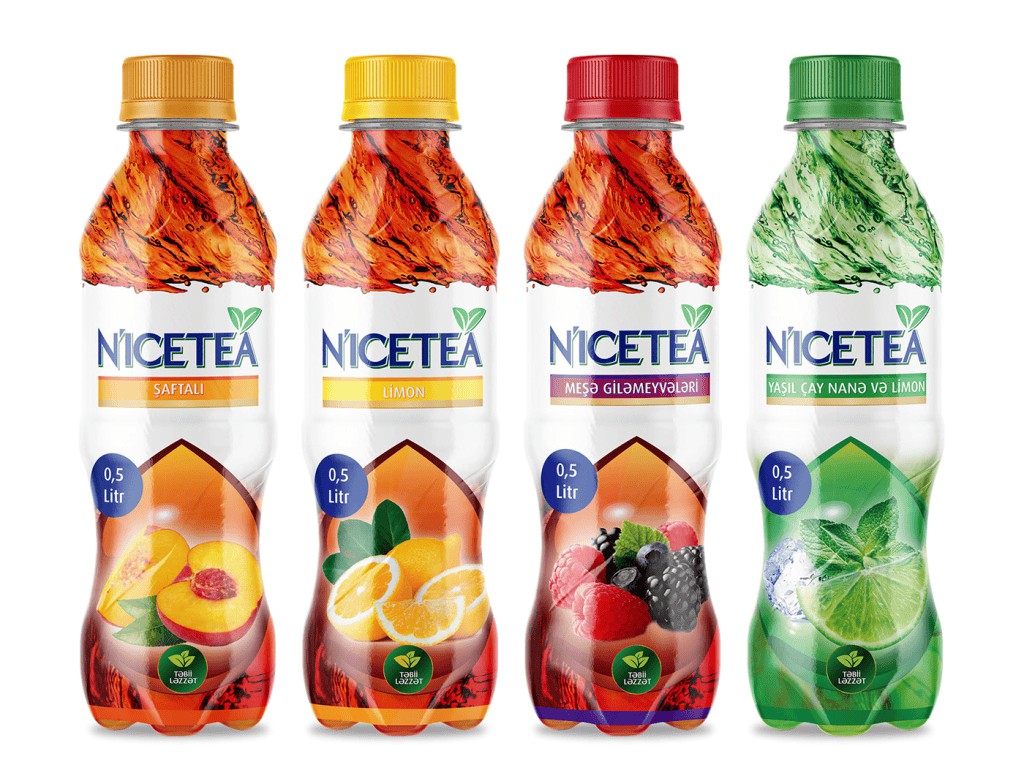
Applications: Filling machines find applications in a wide range of industries, including:
- Food and Beverage: Filling machines are extensively used in the food and beverage industry for filling bottles, cans, pouches, and cartons with liquids, powders, and granular products.
- Pharmaceuticals: In the pharmaceutical industry, filling machines are utilized to accurately fill containers with liquid medications, syrups, creams, and powders.
- Cosmetics and Personal Care: Filling machines are employed for filling cosmetic products such as lotions, creams, perfumes, and shampoos into various packaging formats.
- Chemicals and Petrochemicals: Filling machines play a crucial role in filling containers with chemicals, lubricants, detergents, and other industrial products.
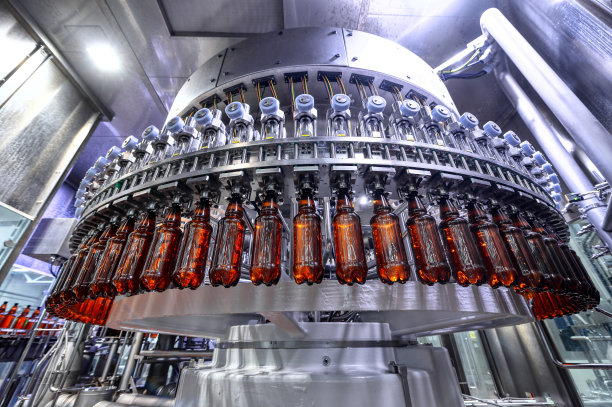
Benefits of Filling Machines: Using filling machines offers several advantages, including:
- Increased Efficiency: Filling machines automate the filling process, significantly increasing production speed and efficiency, thereby reducing labor costs.
- Accurate and Consistent Filling: These machines ensure precise filling levels, minimizing product wastage and maintaining consistency in product packaging.
- Improved Product Quality: Filling machines prevent contamination and maintain hygienic conditions during the filling process, ensuring the quality and integrity of the packaged products.
- Versatility and Flexibility: Filling machines can be adjusted and customized to accommodate different container sizes, filling volumes, and product types, making them highly versatile.
Conclusion: Filling machines are essential equipment in the packaging industry, offering efficient, accurate, and consistent filling of various products. With different types and working principles catering to different product categories, these machines find applications in numerous industries. The benefits of using filling machines include increased efficiency, precise filling, improved product quality, and flexibility. As technology continues to advance, filling machines are expected to evolve further, meeting the growing demands of the packaging industry.
TAG: Filling Machine



-
![How to Solve the Problem that the Liquid Filling Machine is not Fill Correctly?]() How to Solve the Problem that the Liquid Filling Machine is not Fill Correctly?Mar , 24 /2023
How to Solve the Problem that the Liquid Filling Machine is not Fill Correctly?Mar , 24 /2023 -
![How to choose the right filling machine?]() How to choose the right filling machine?Apr , 19 /2023
How to choose the right filling machine?Apr , 19 /2023 -
![What should be paid attention to when purchasing food-specific filling machines?]() What should be paid attention to when purchasing food-specific filling machines?Apr , 21 /2023
What should be paid attention to when purchasing food-specific filling machines?Apr , 21 /2023 -
![Comprehensive Service Solution for Glass Bottle Beverage Filling Equipment]() Comprehensive Service Solution for Glass Bottle Beverage Filling EquipmentApr , 23 /2023
Comprehensive Service Solution for Glass Bottle Beverage Filling EquipmentApr , 23 /2023





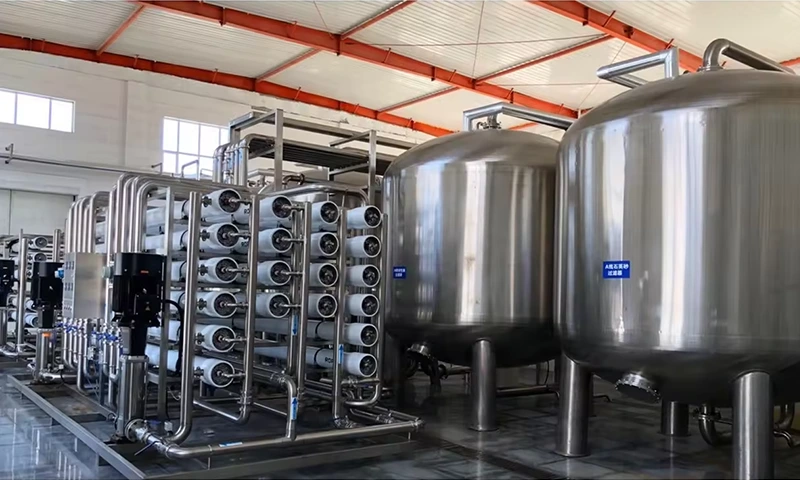
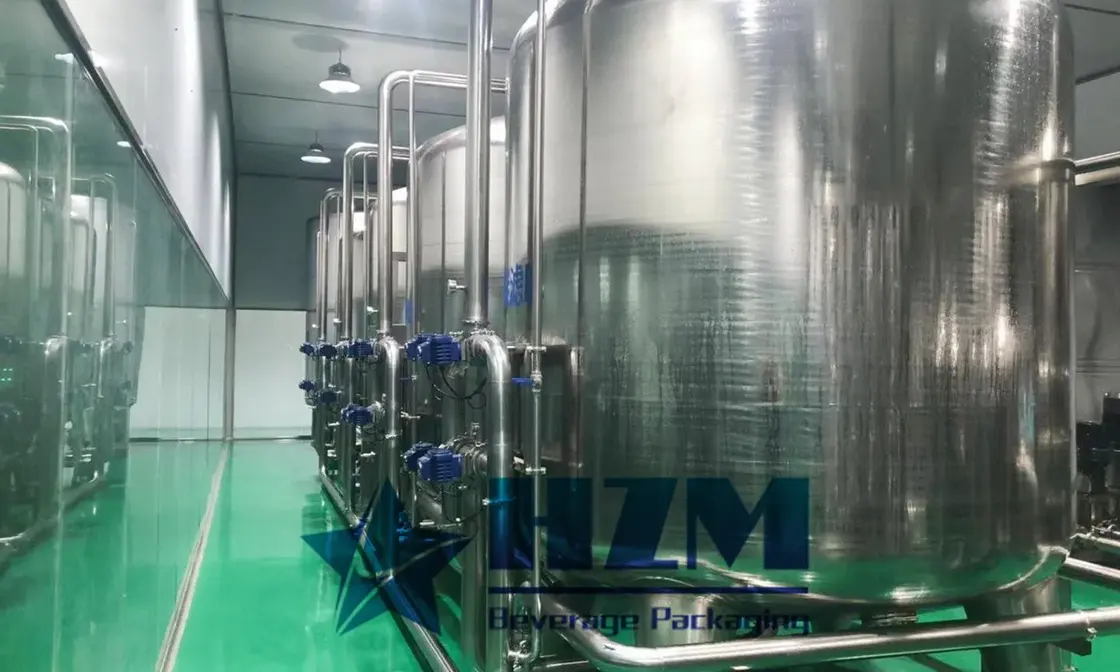
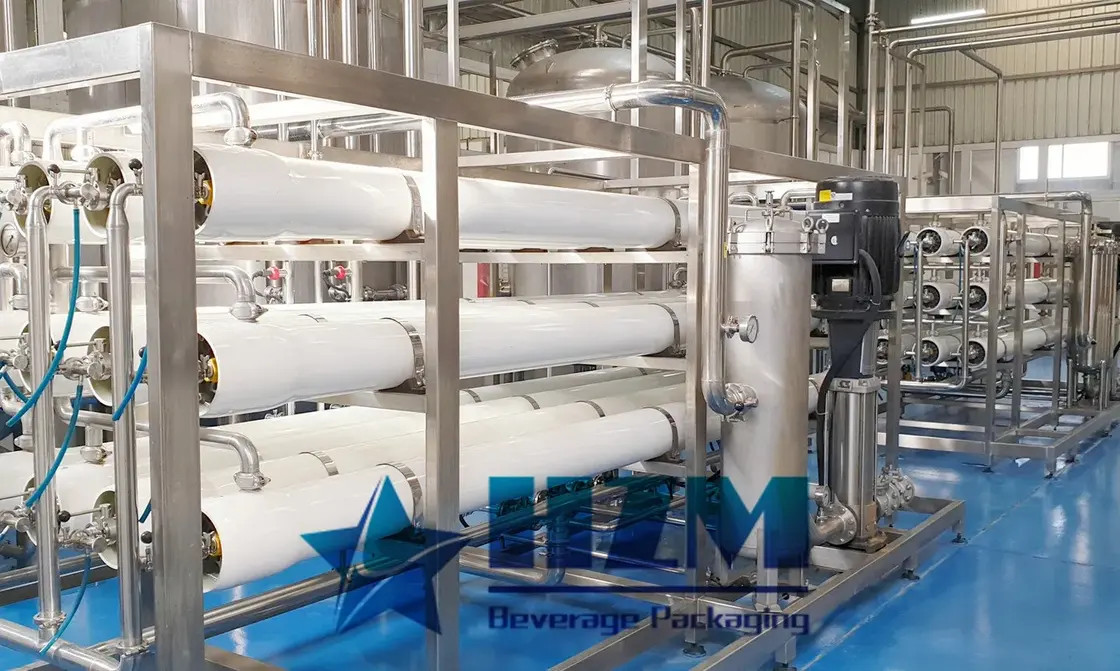
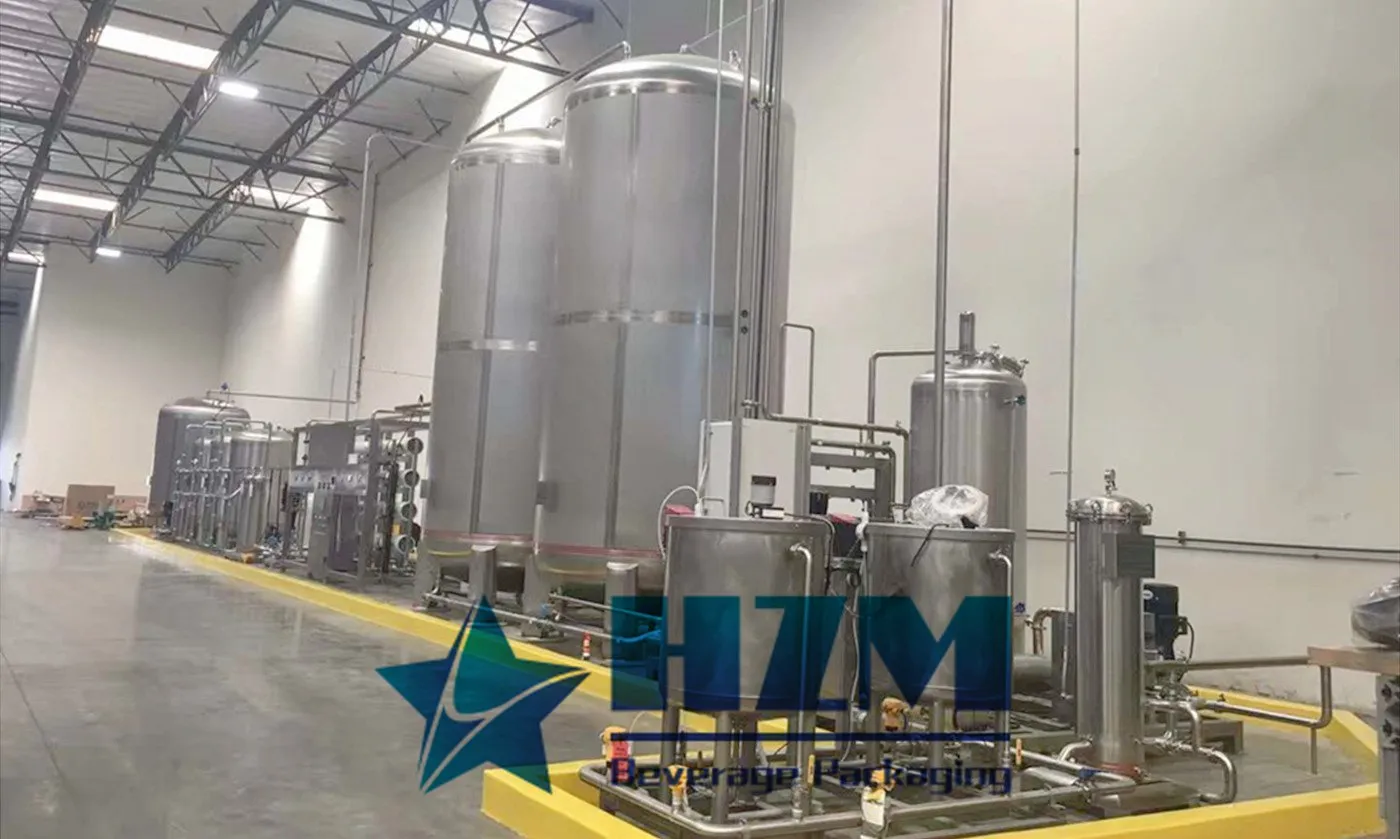
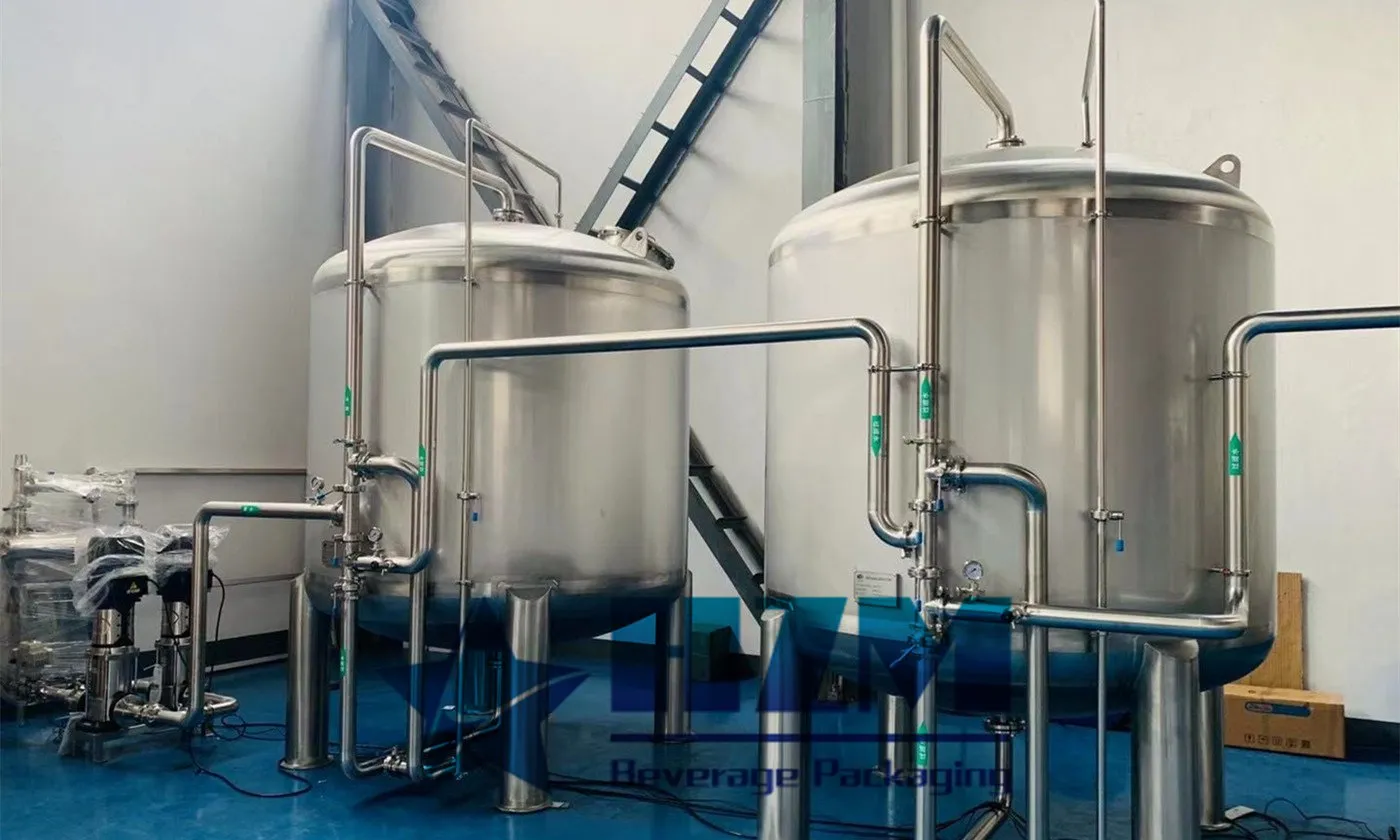
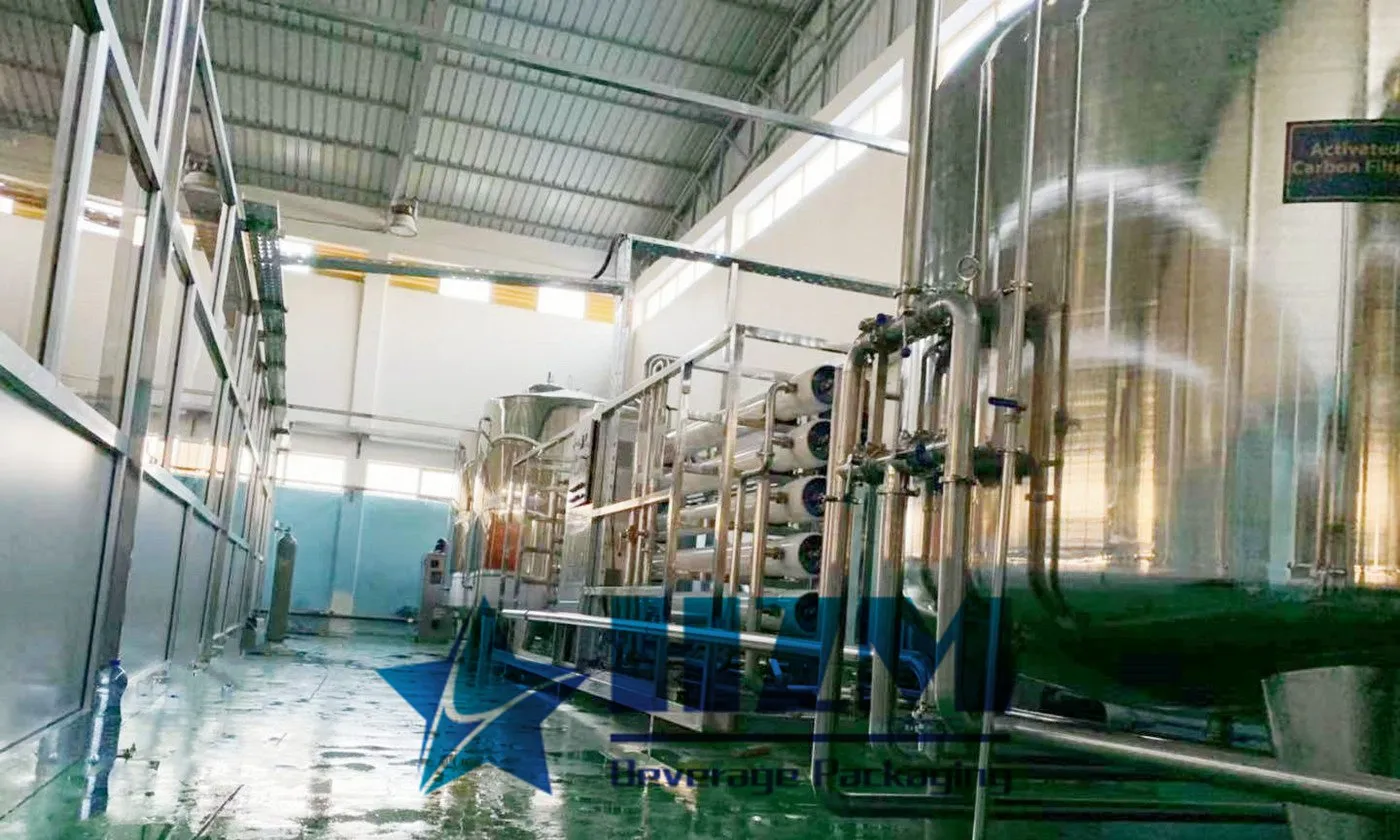
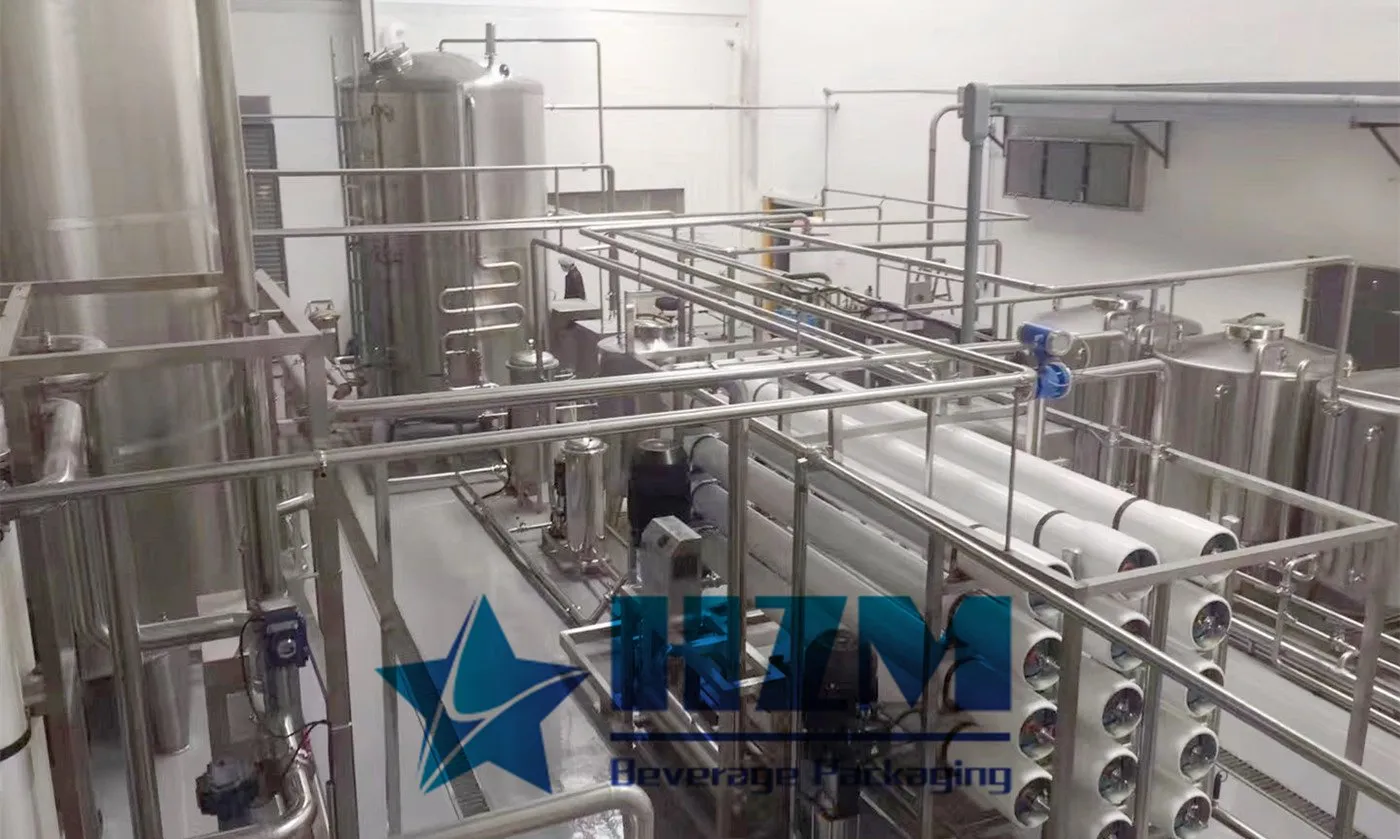
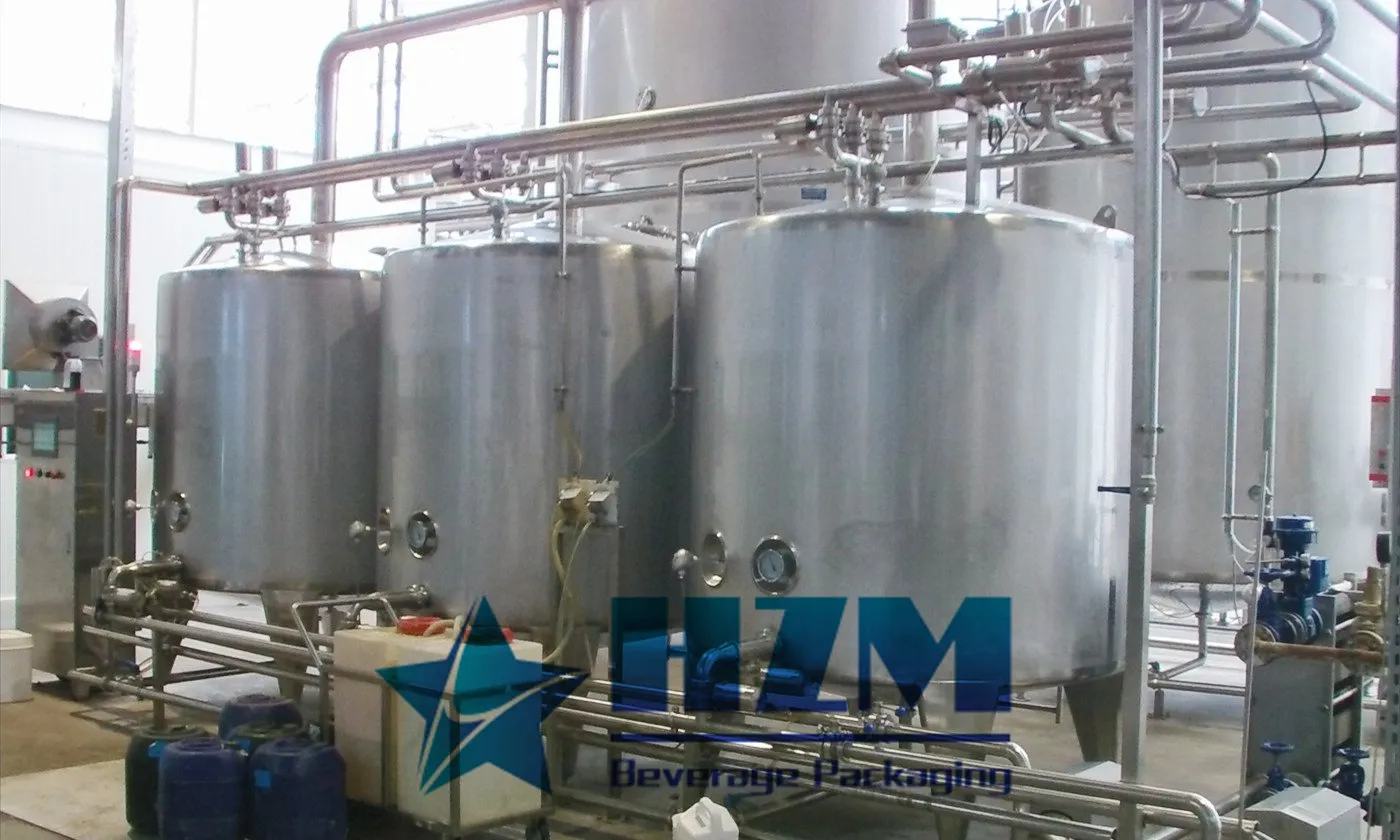
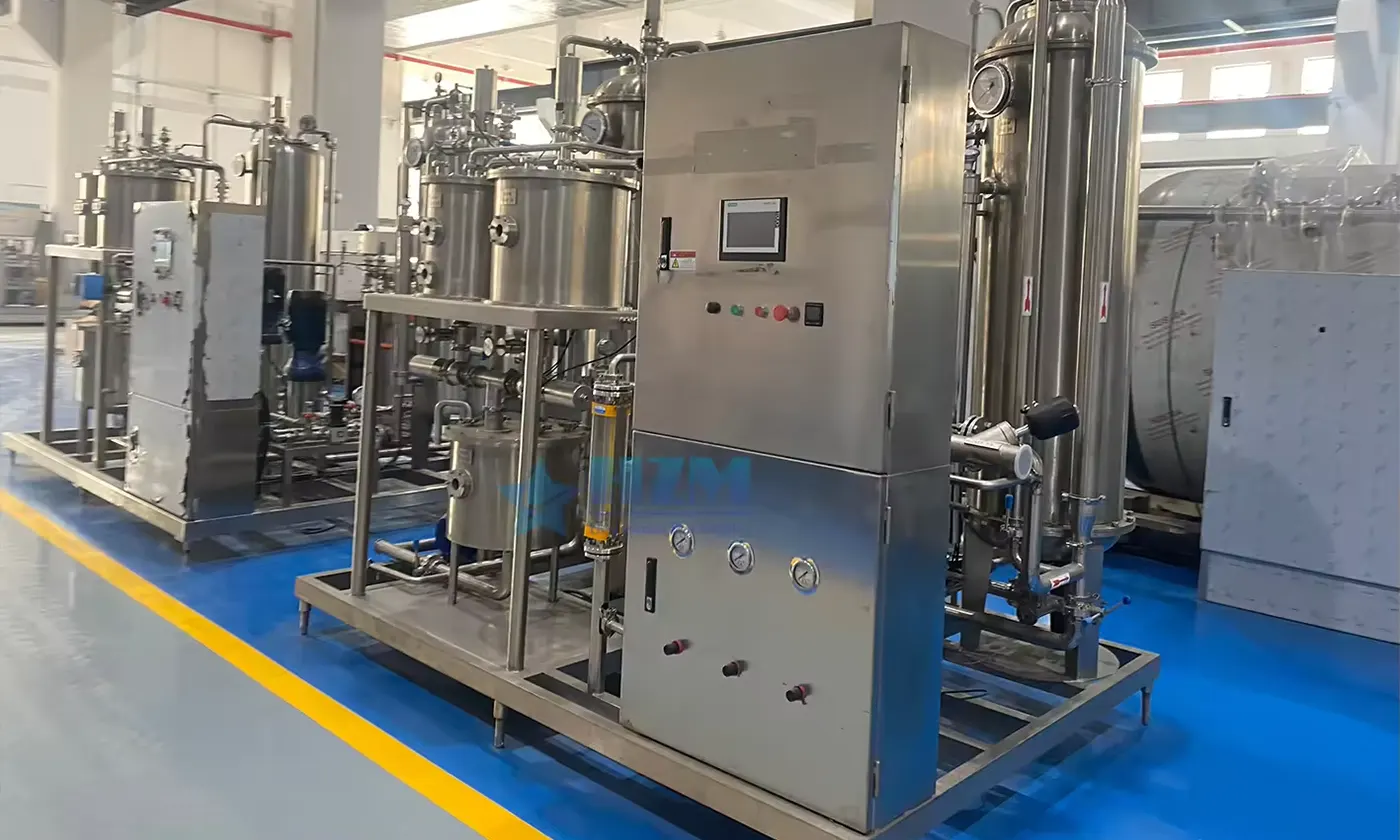
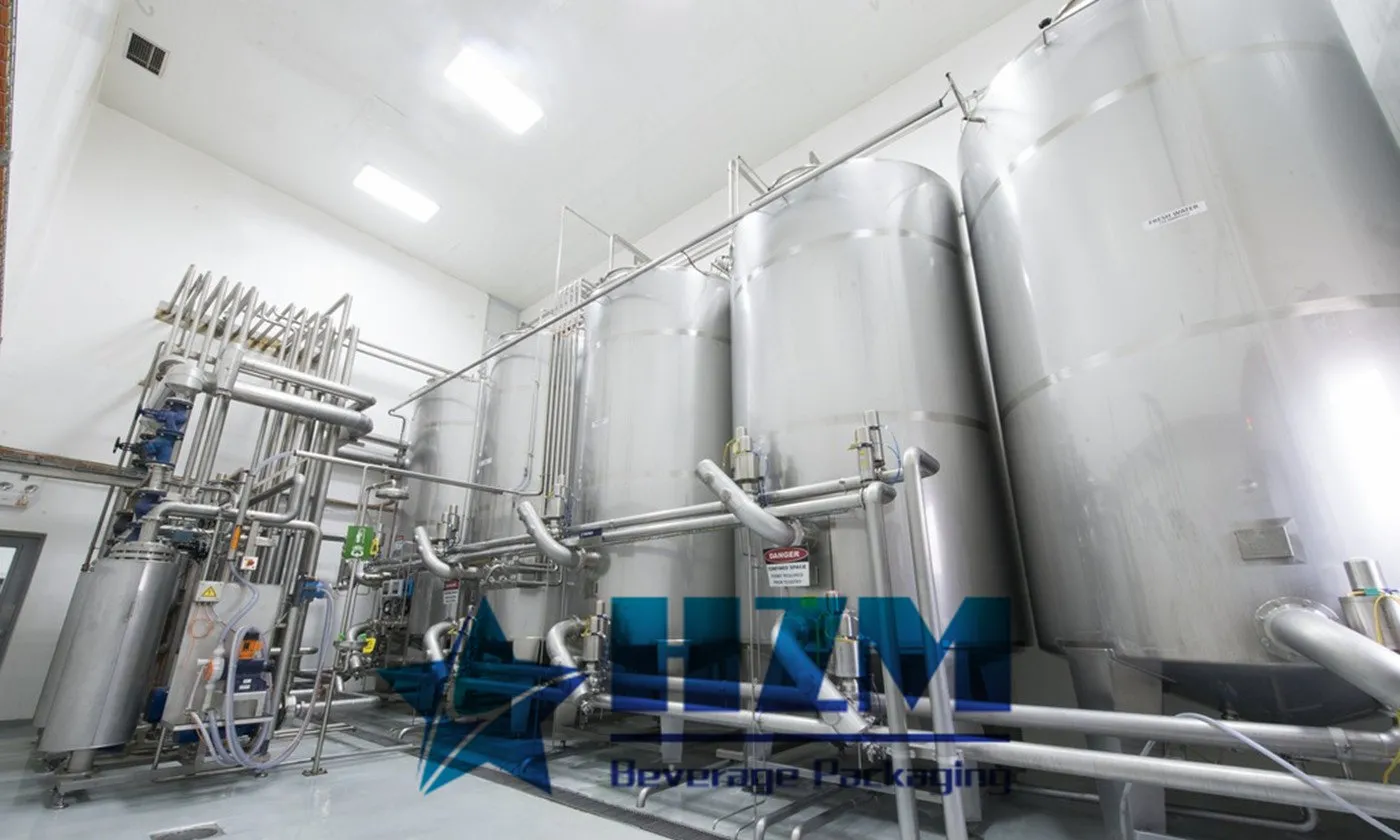
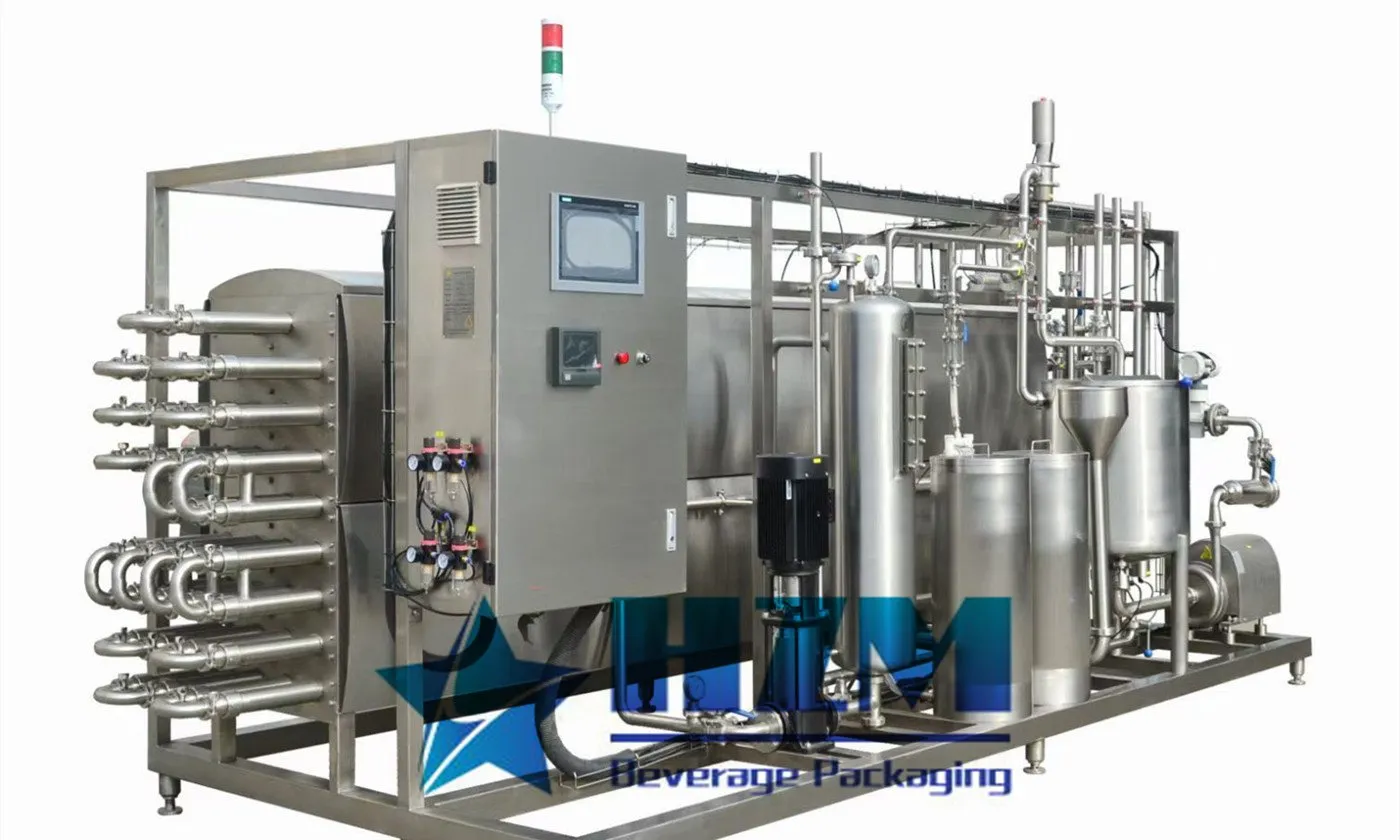
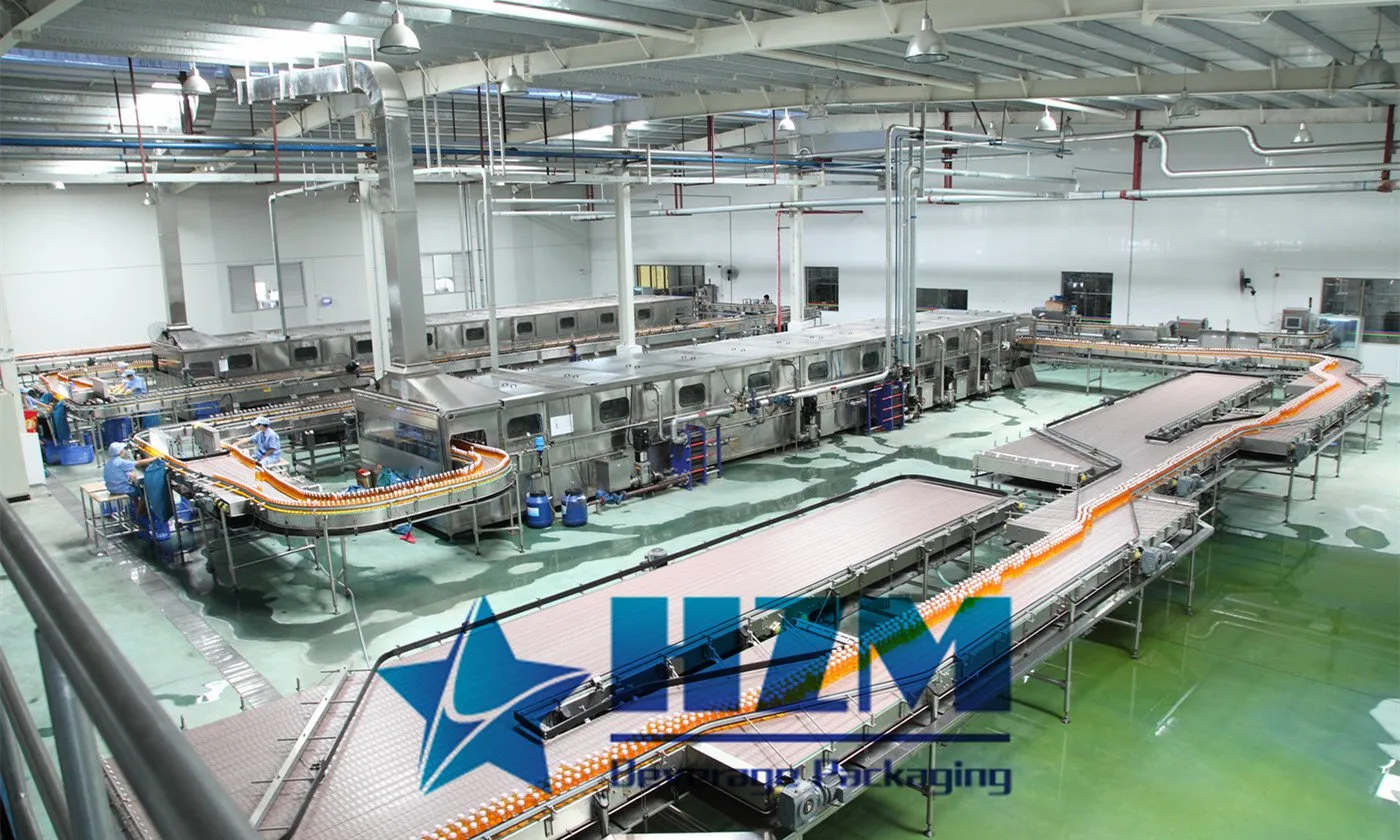
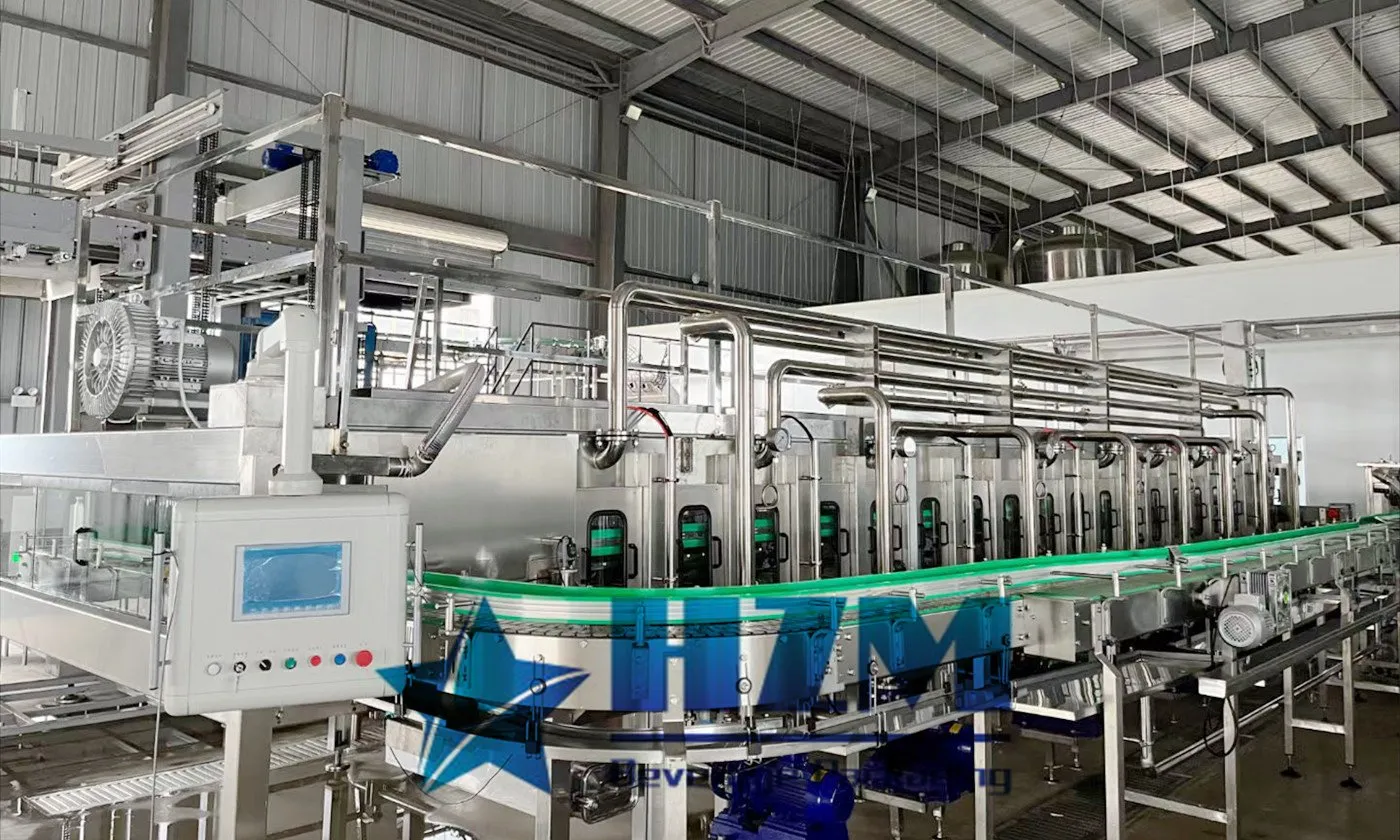
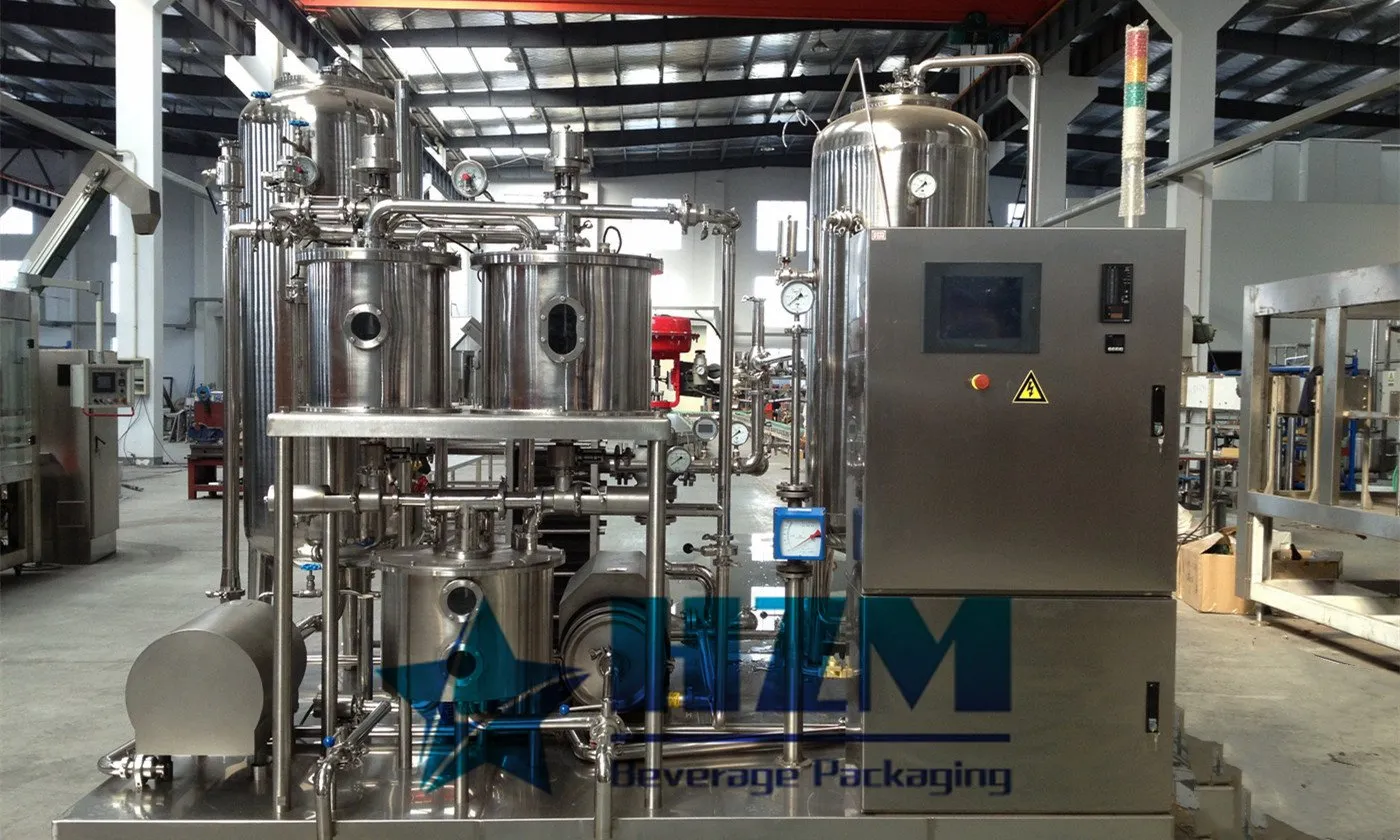
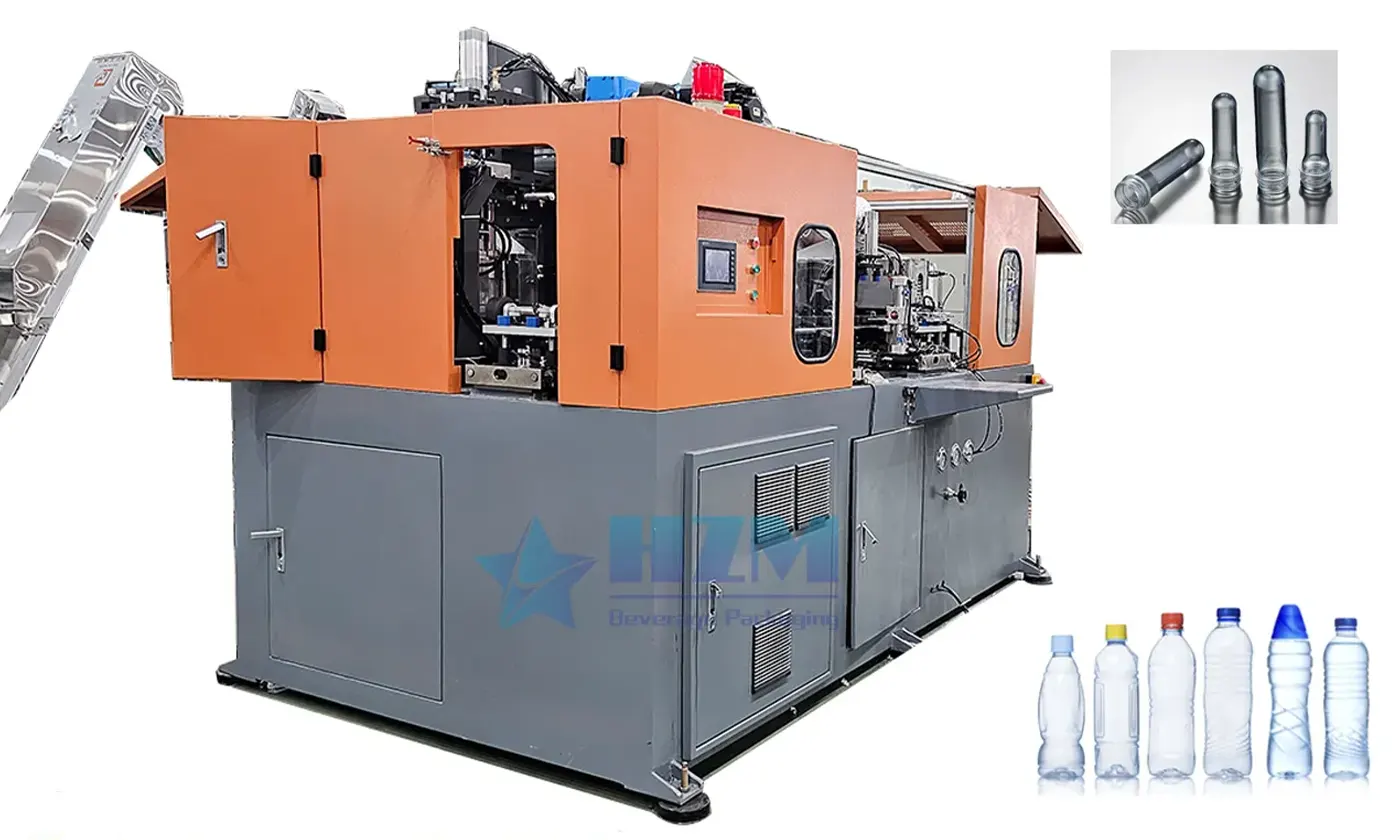
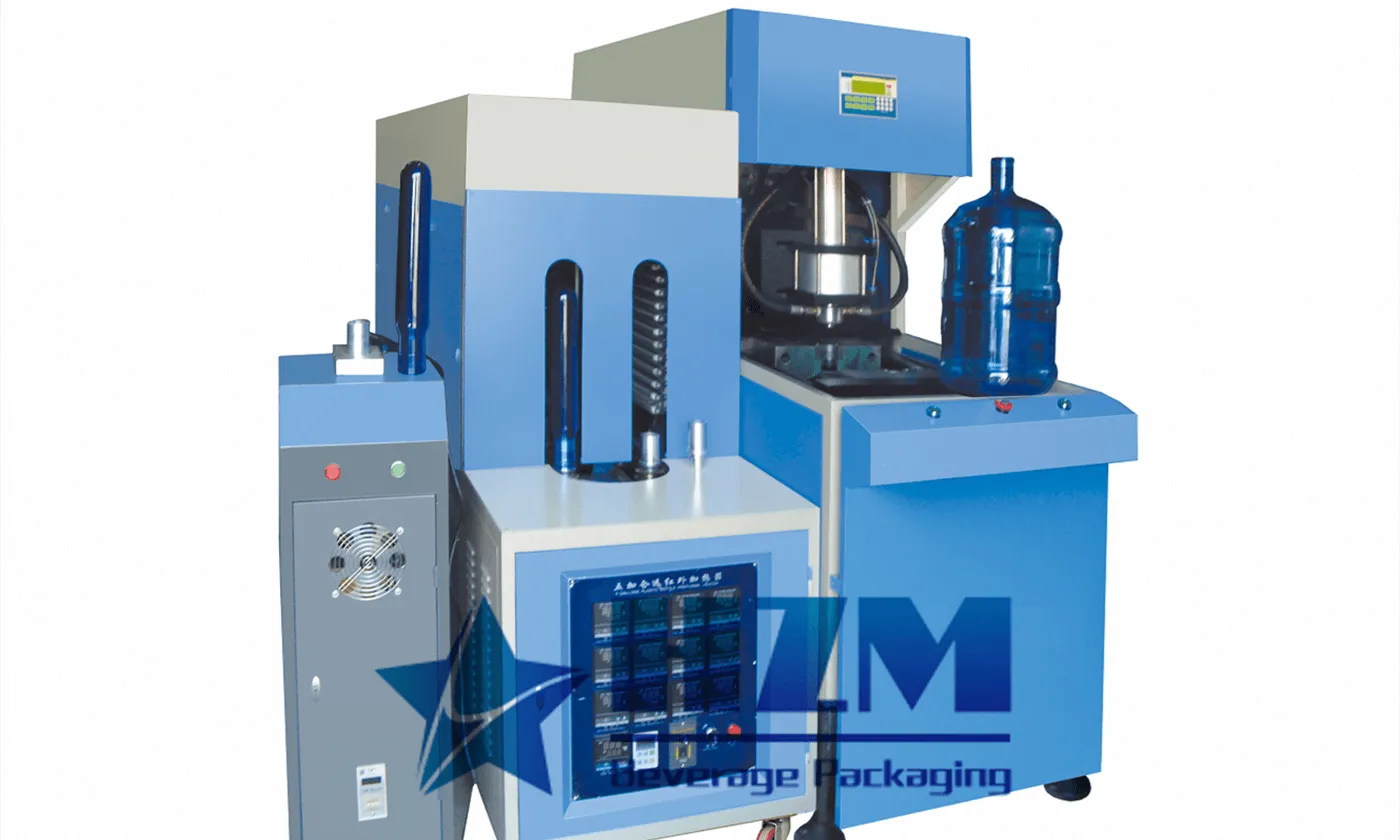
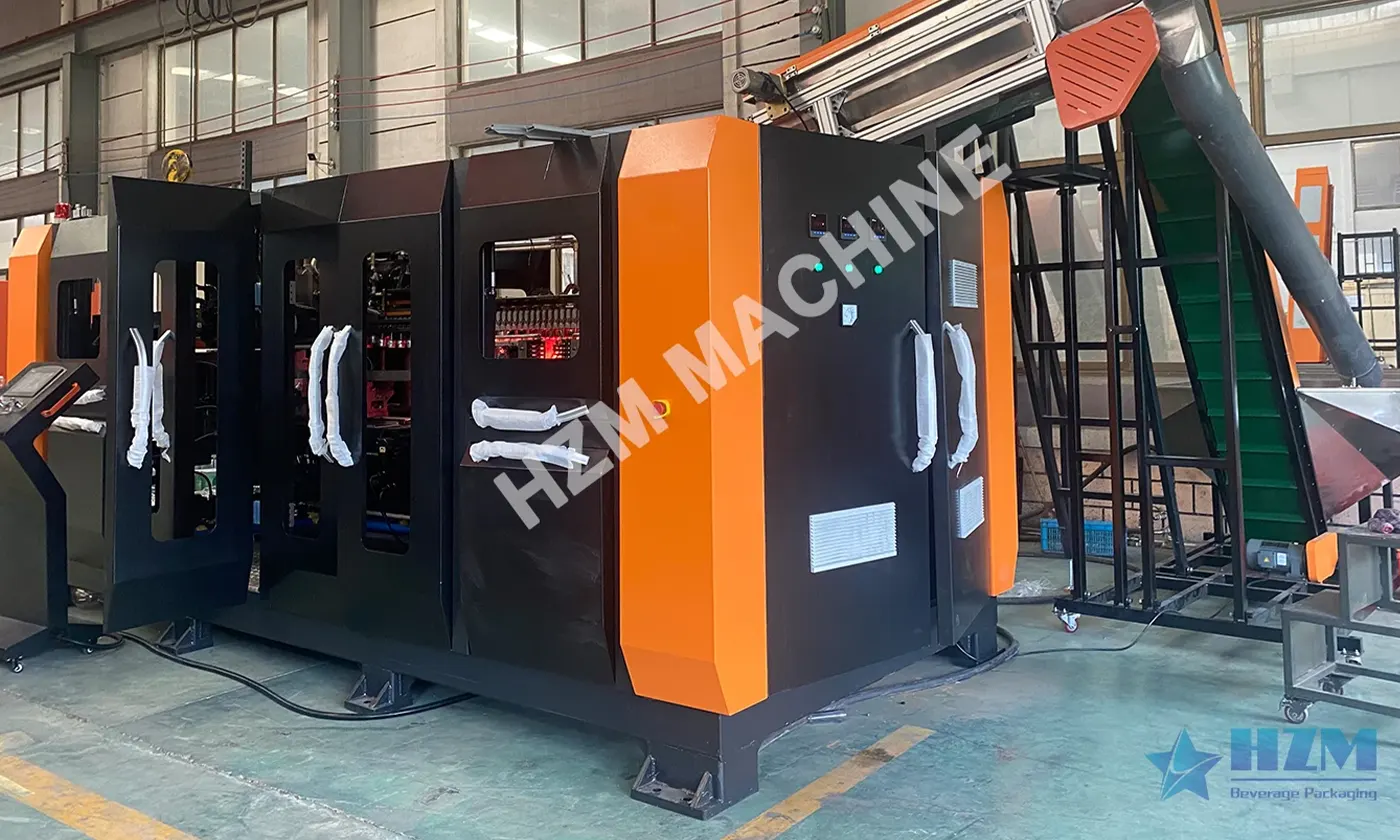
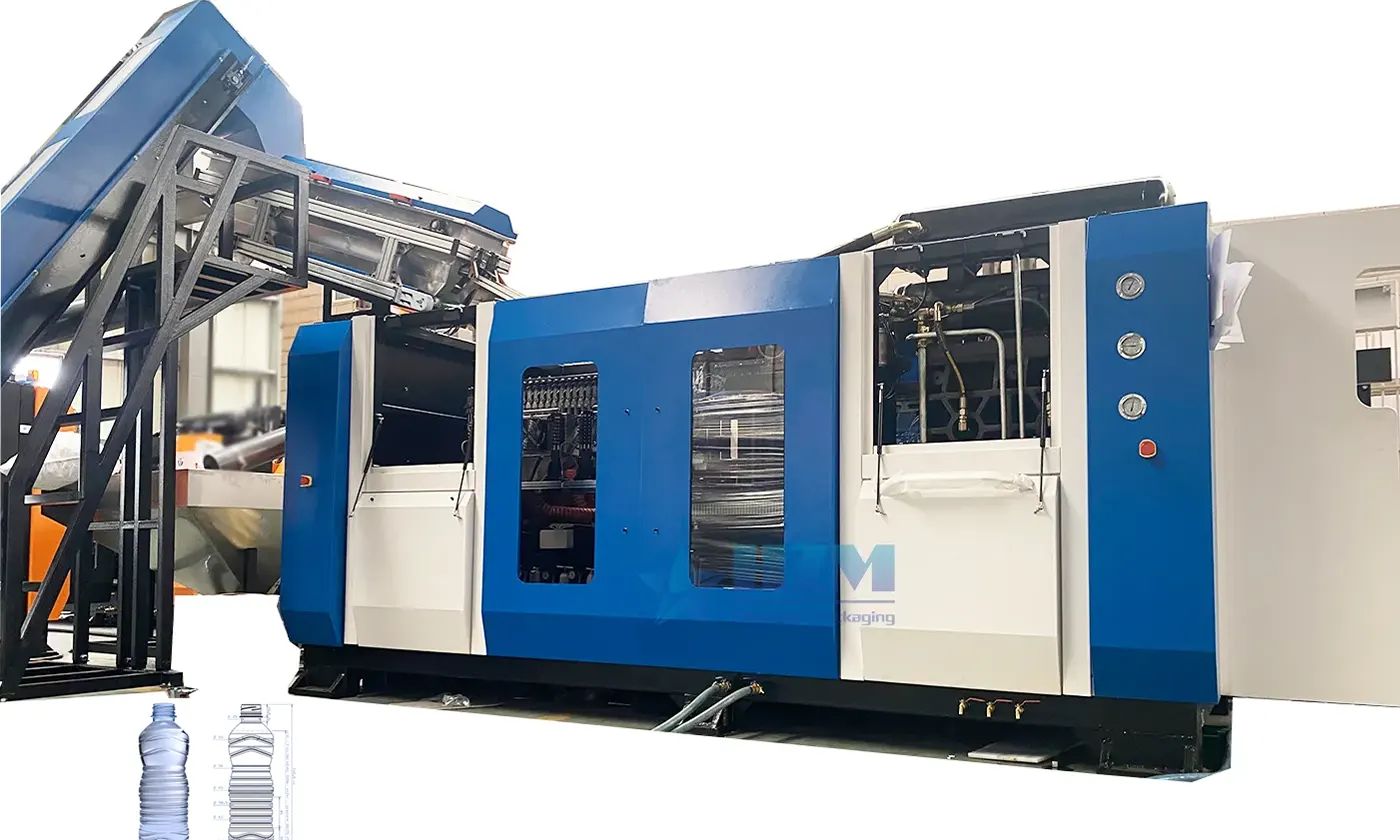
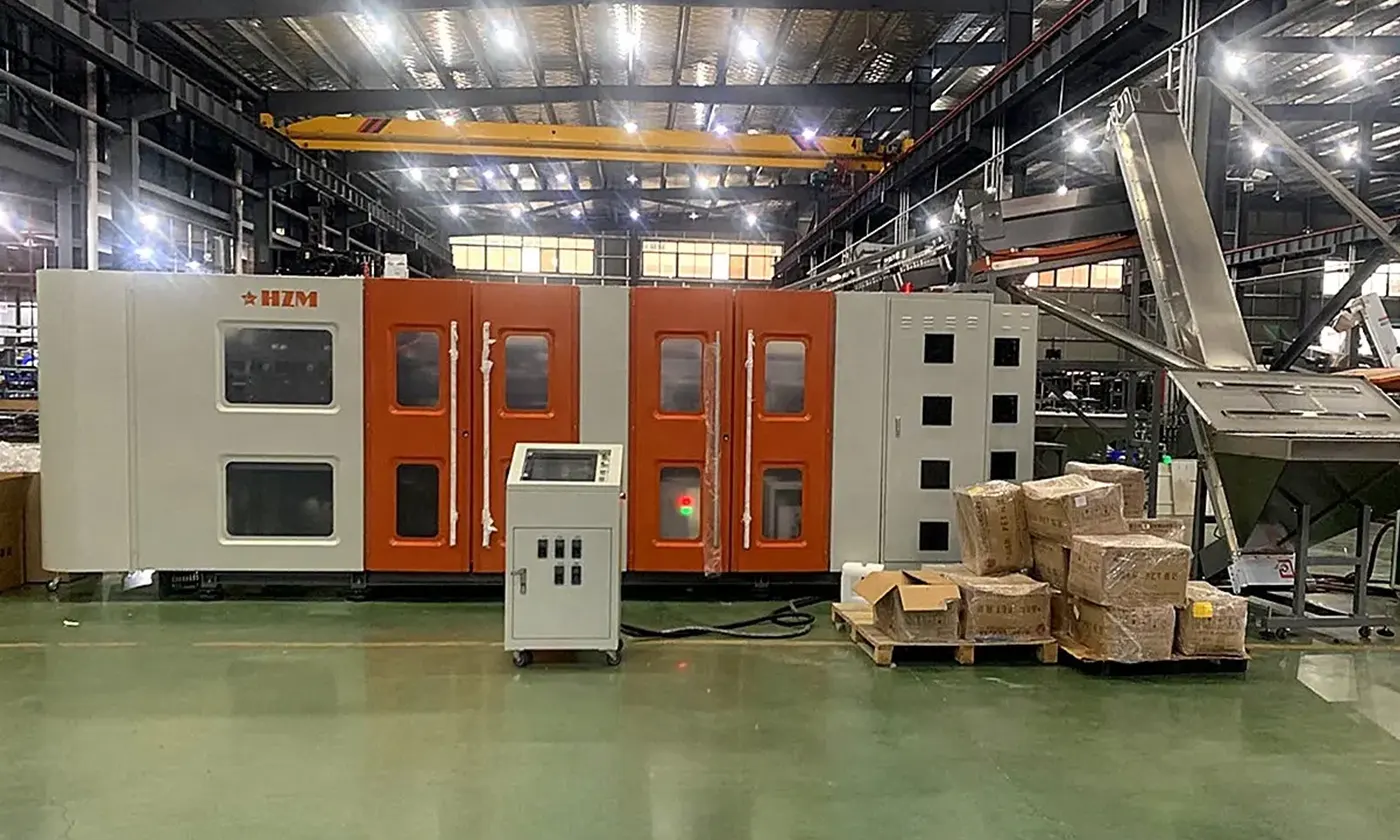
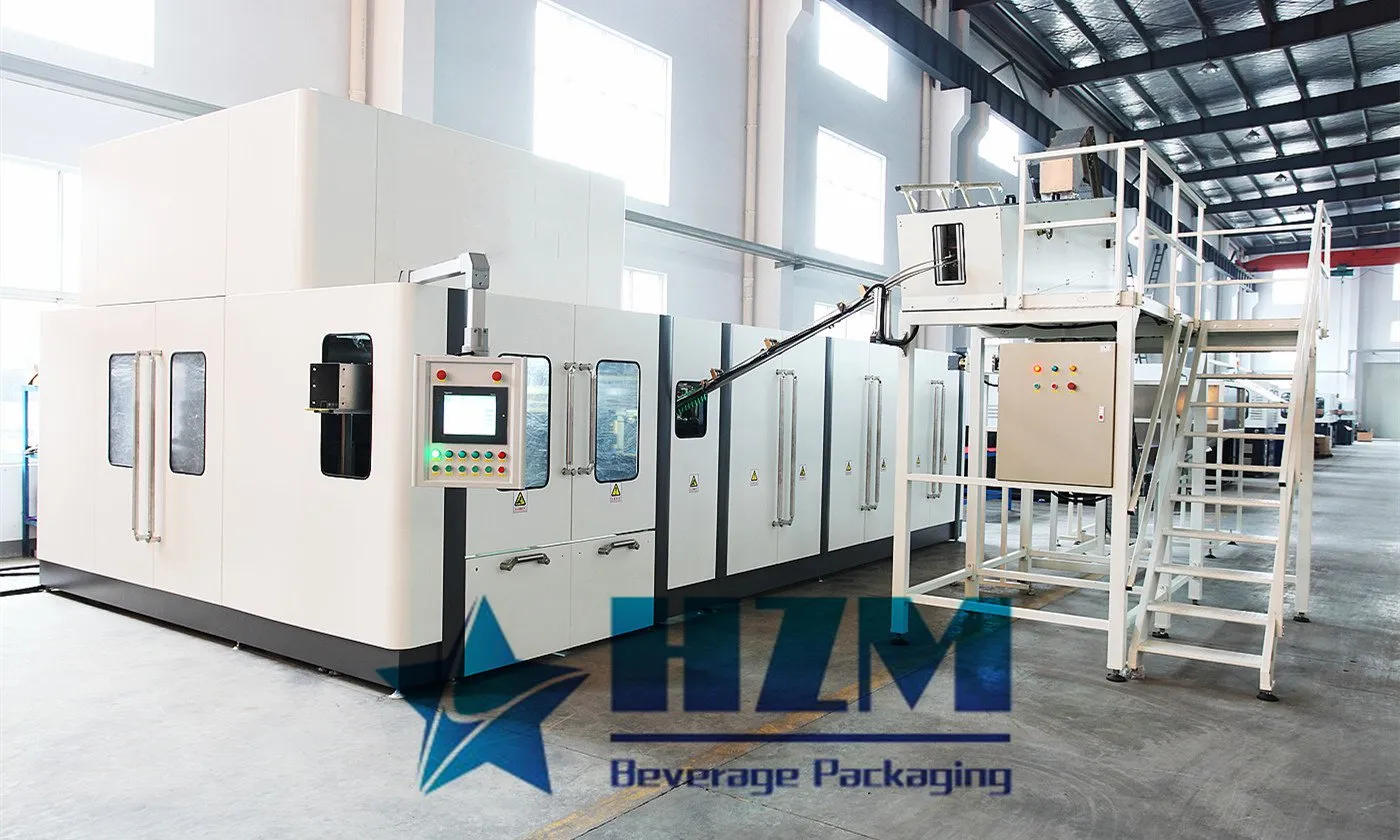
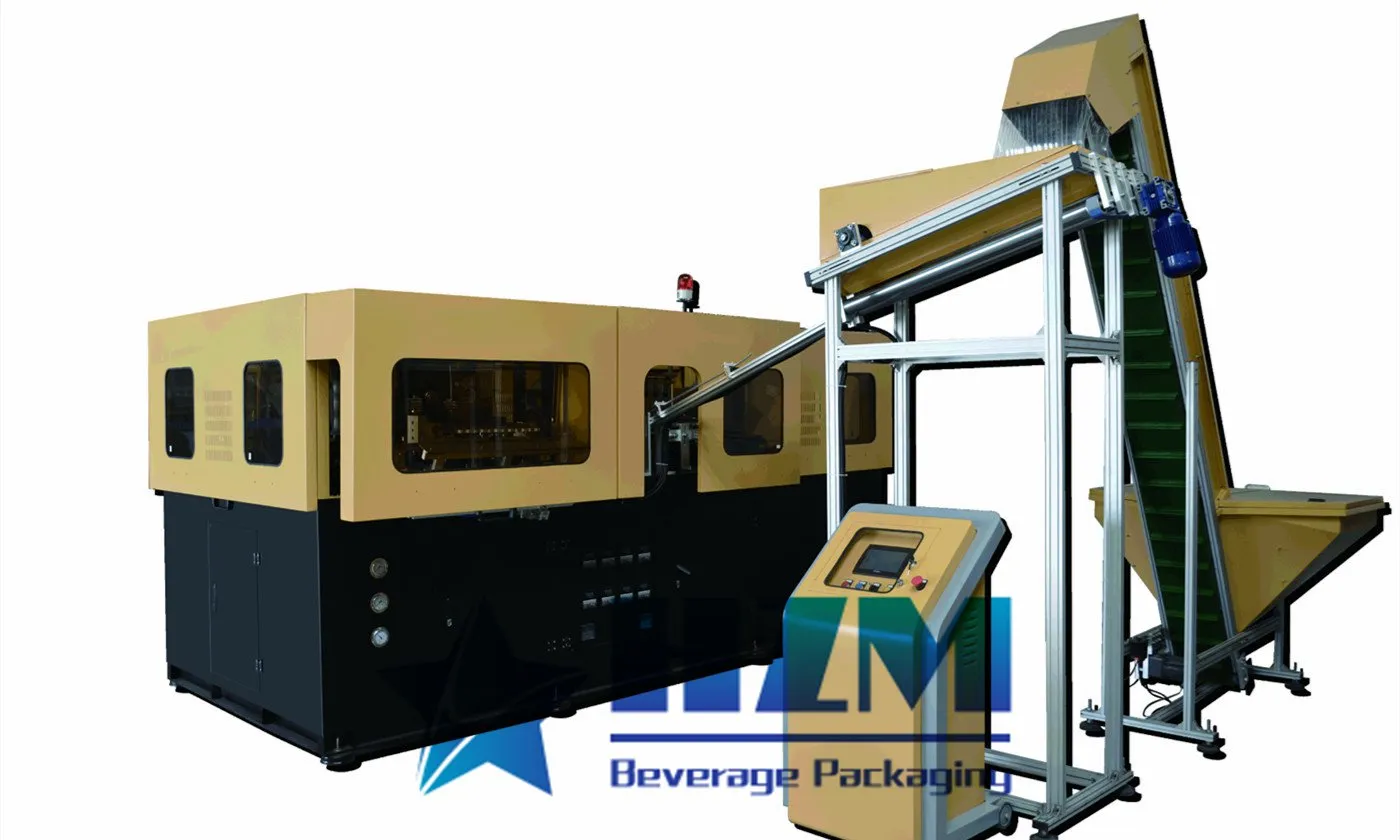
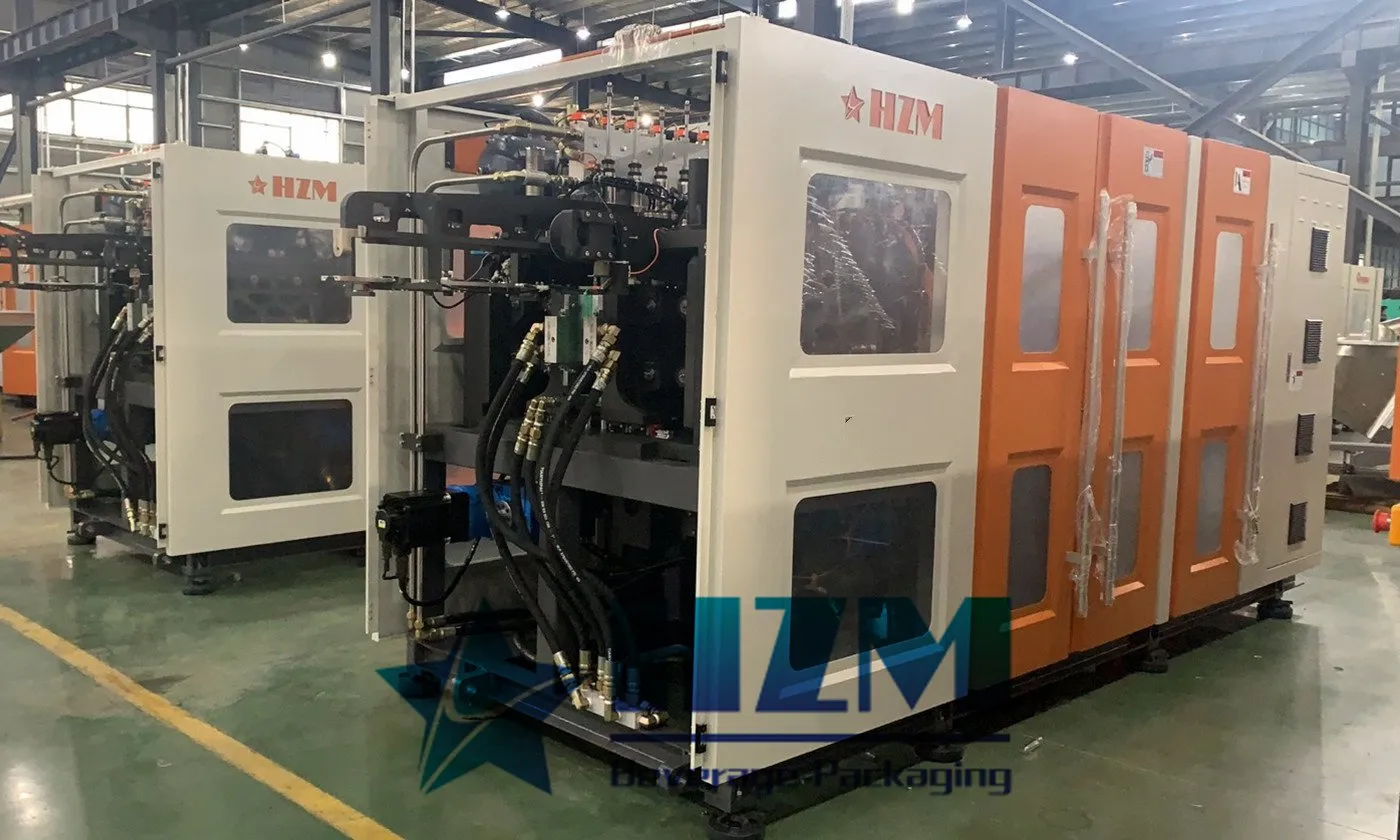
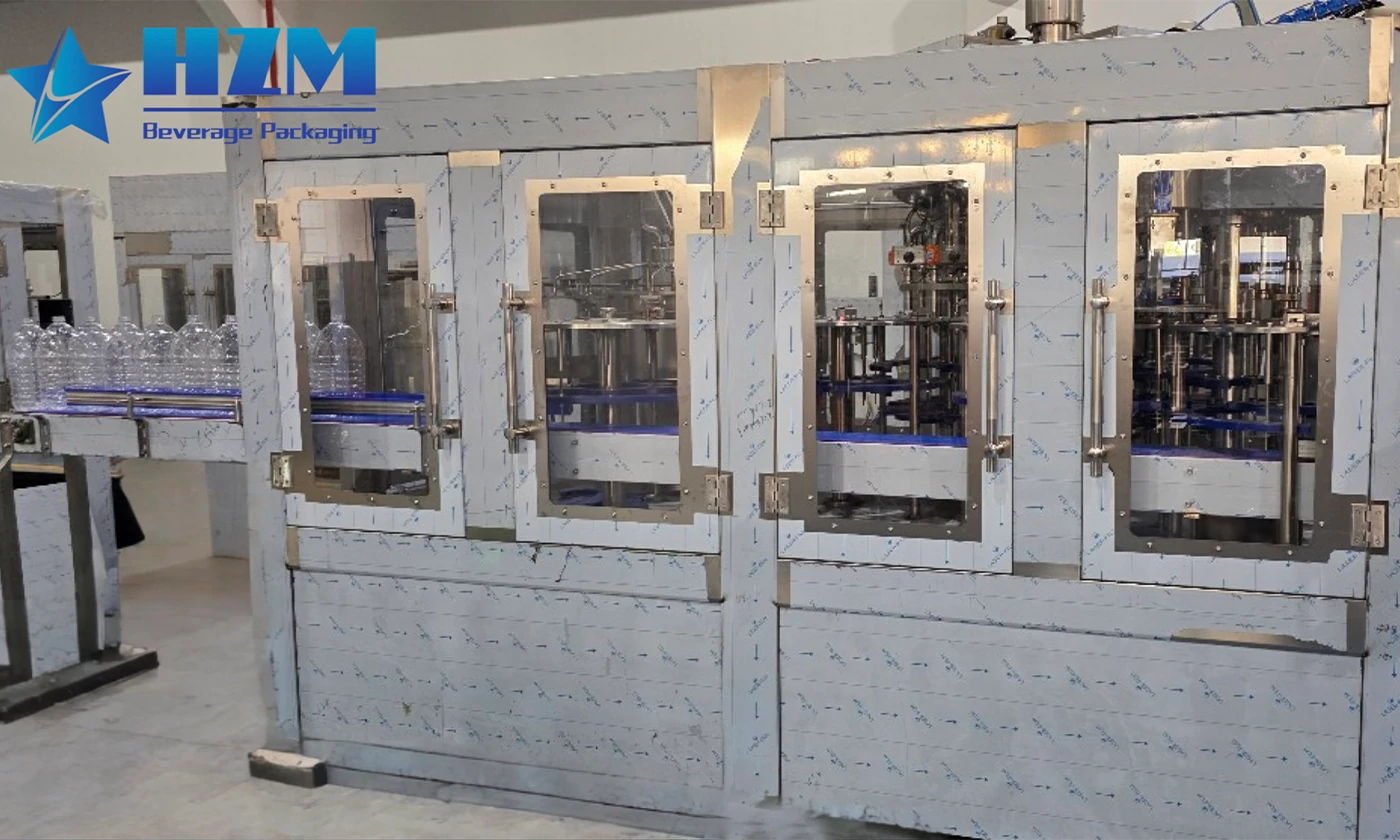
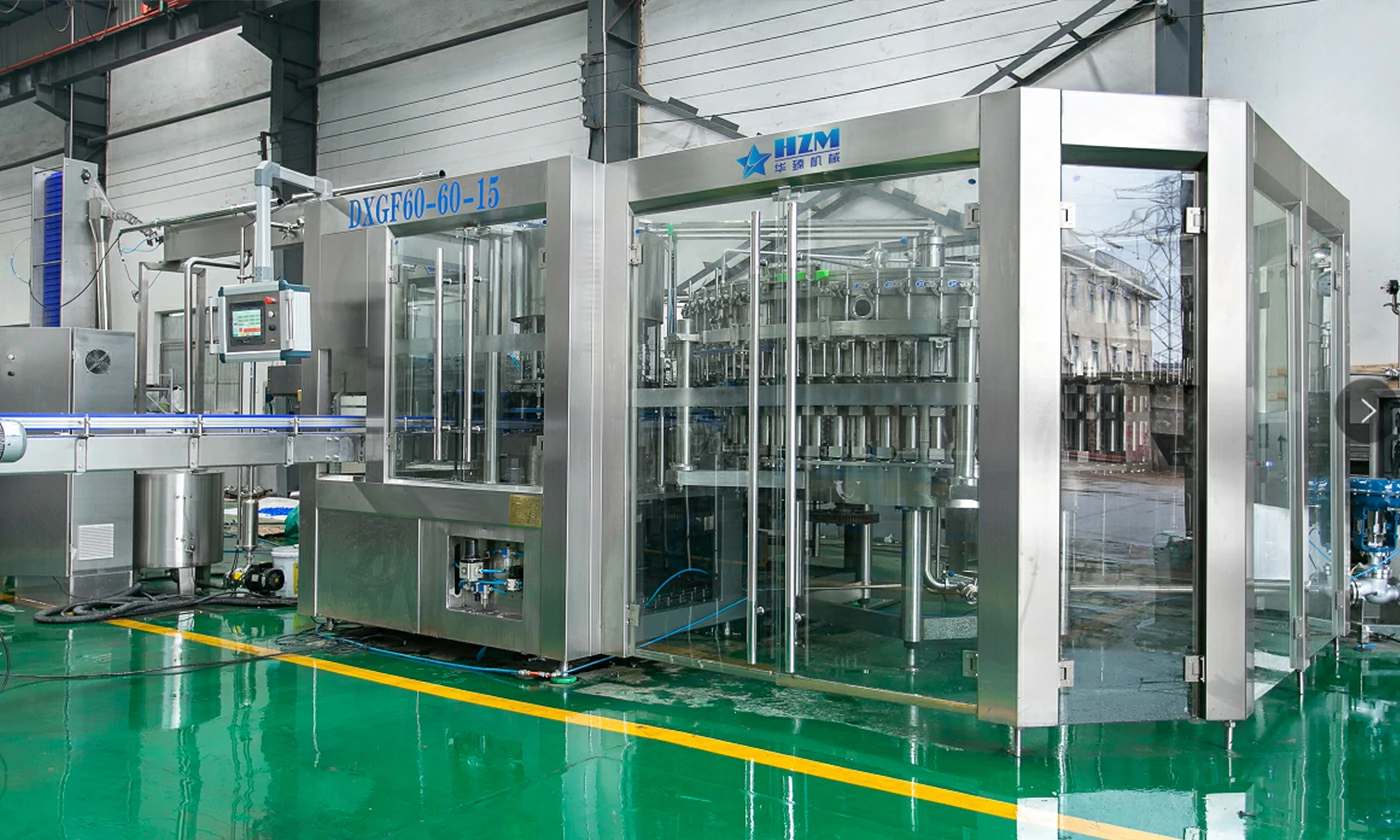
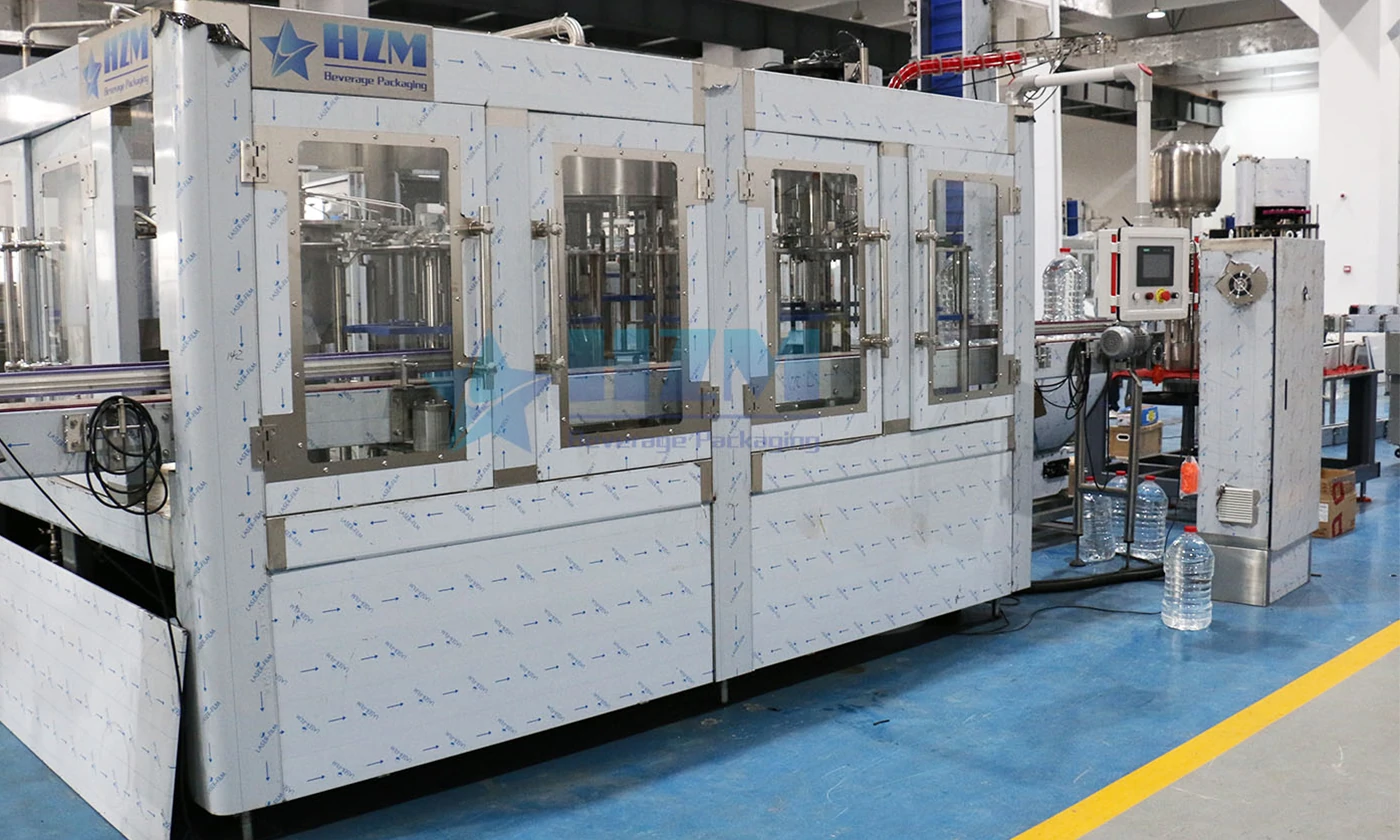
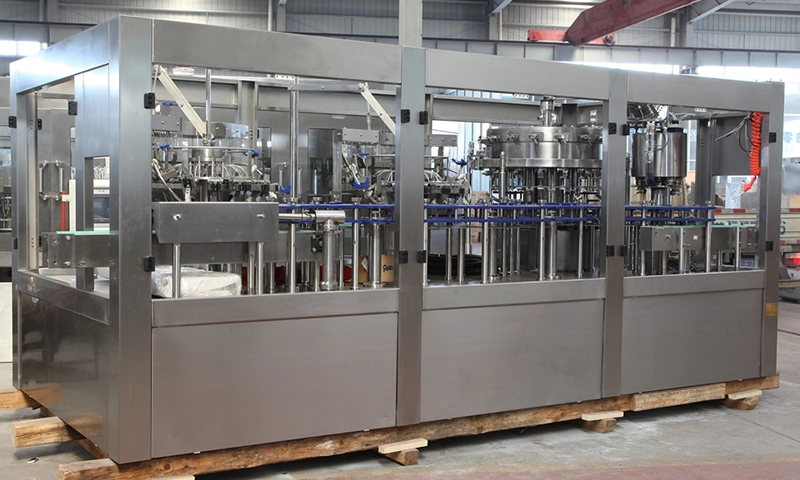
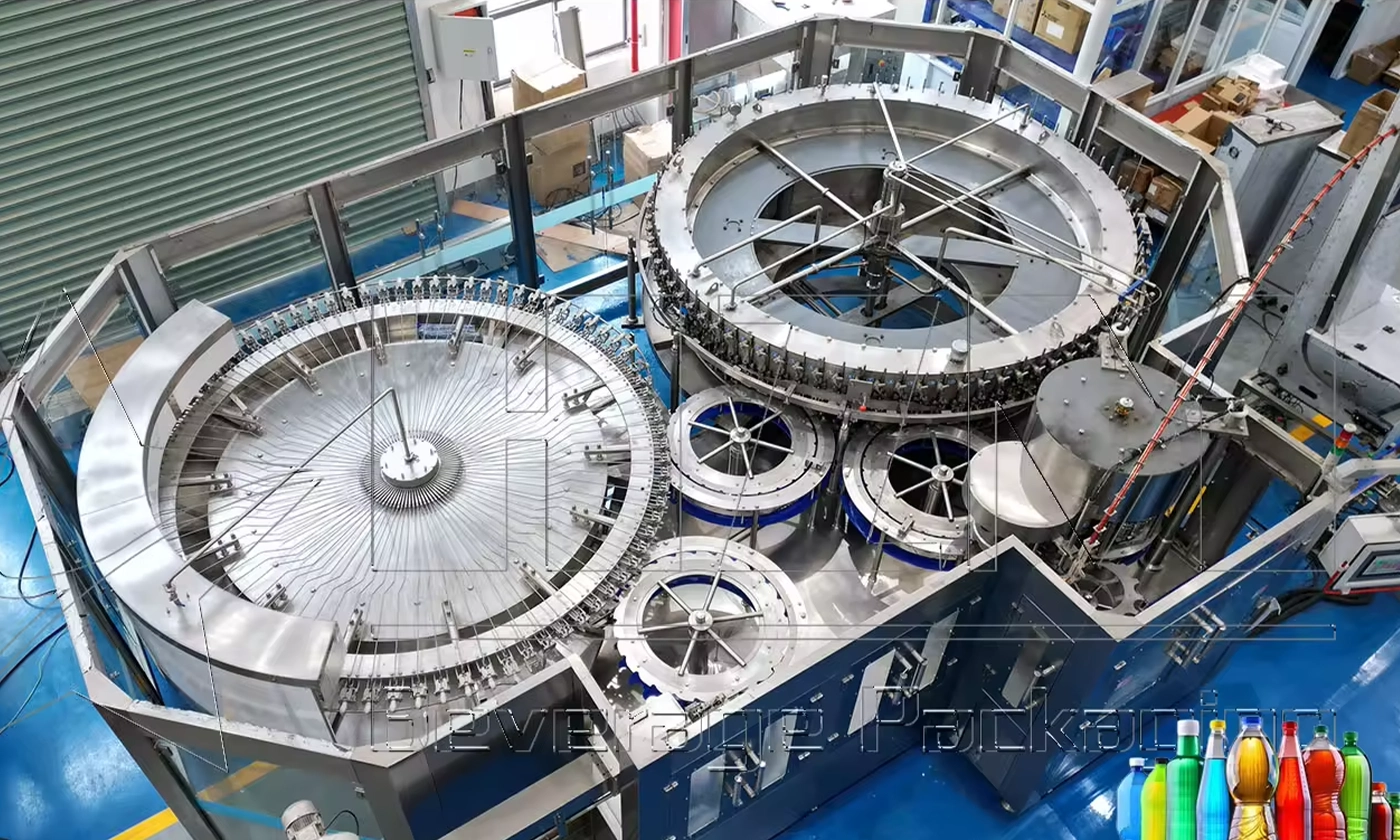
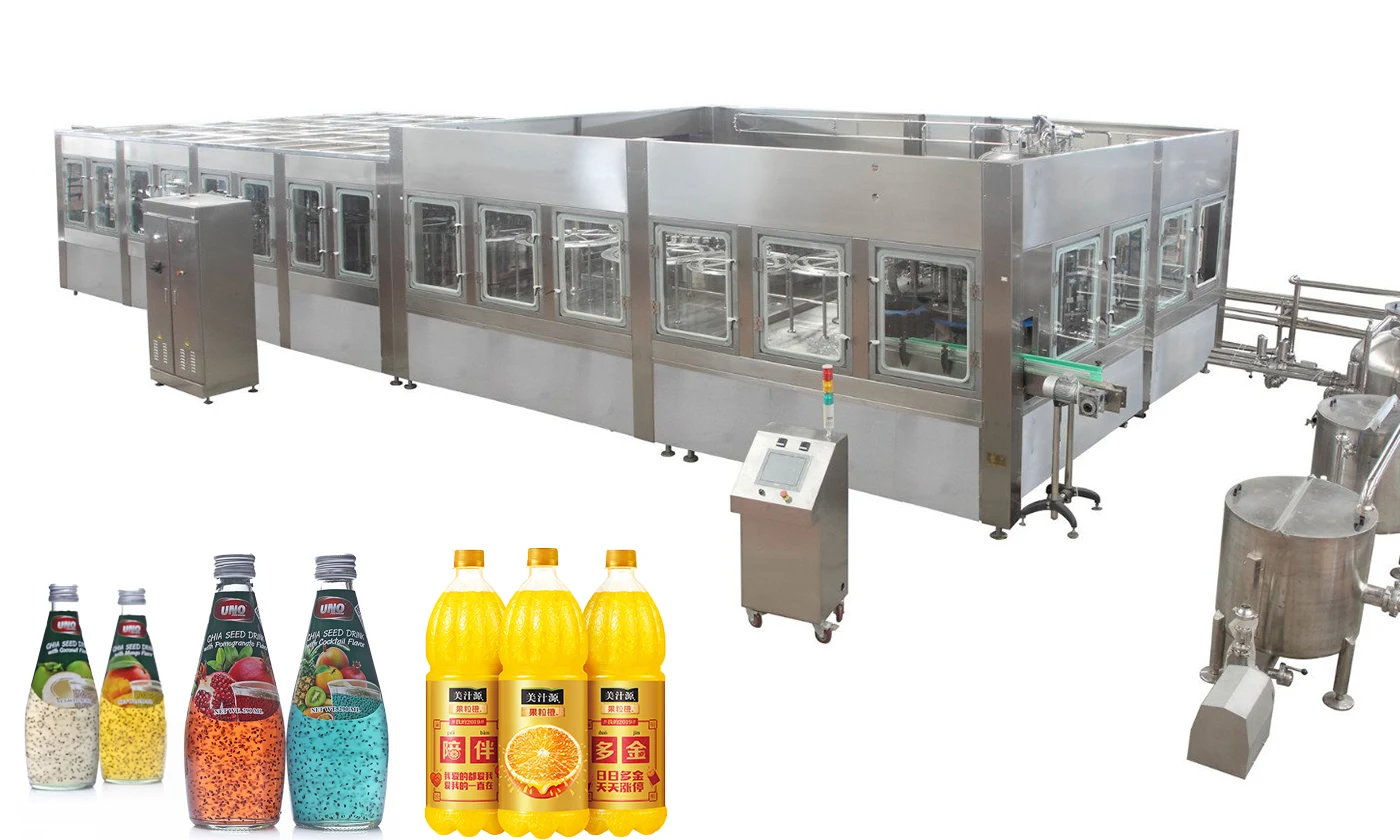
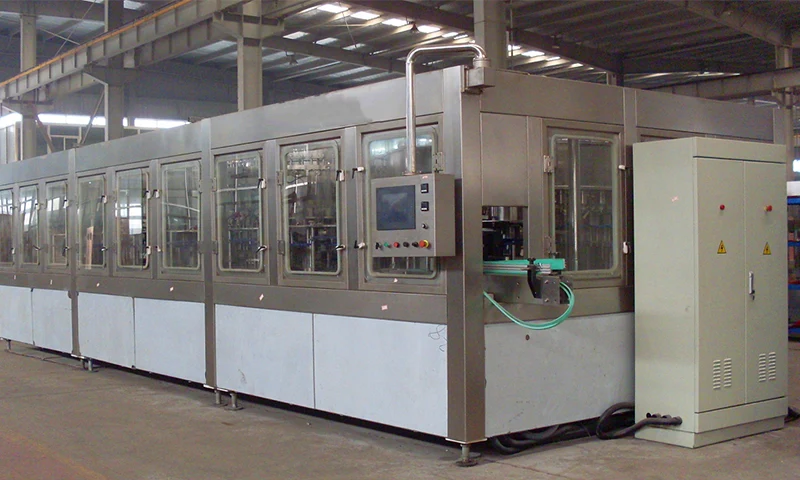
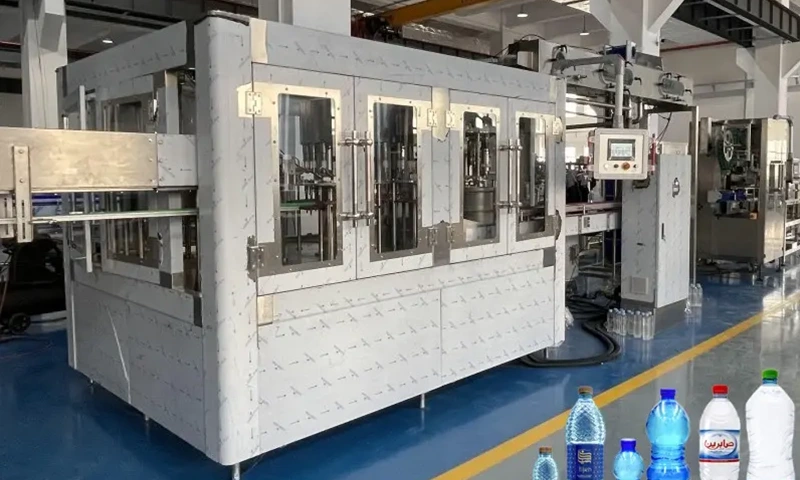
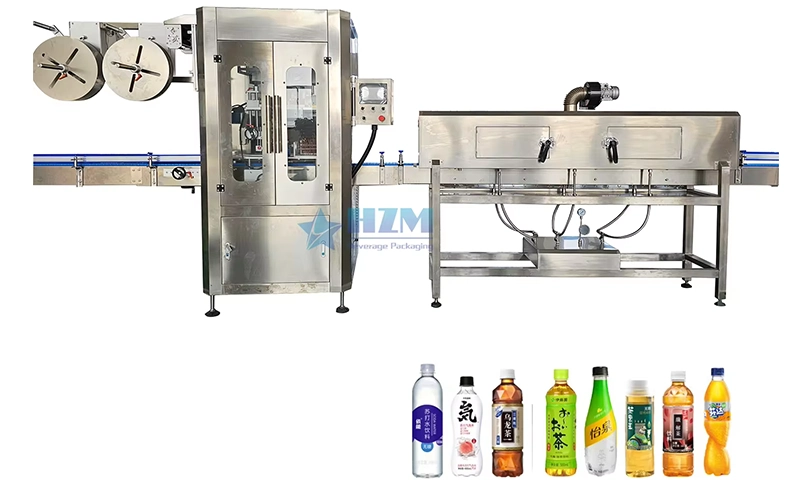
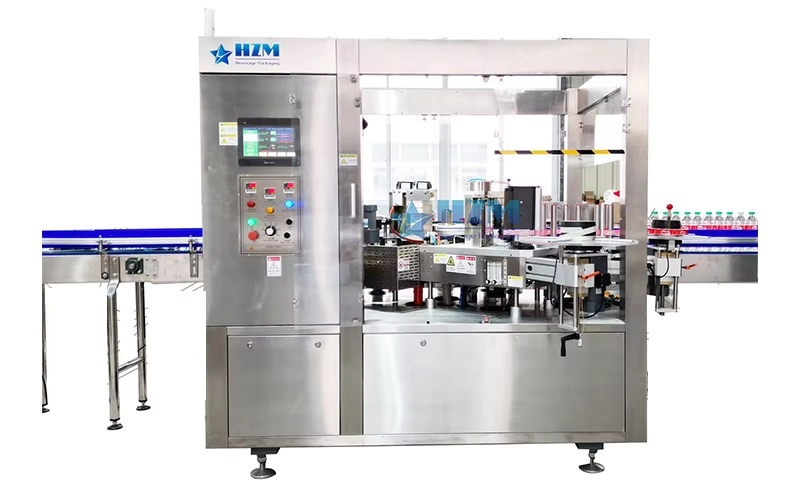
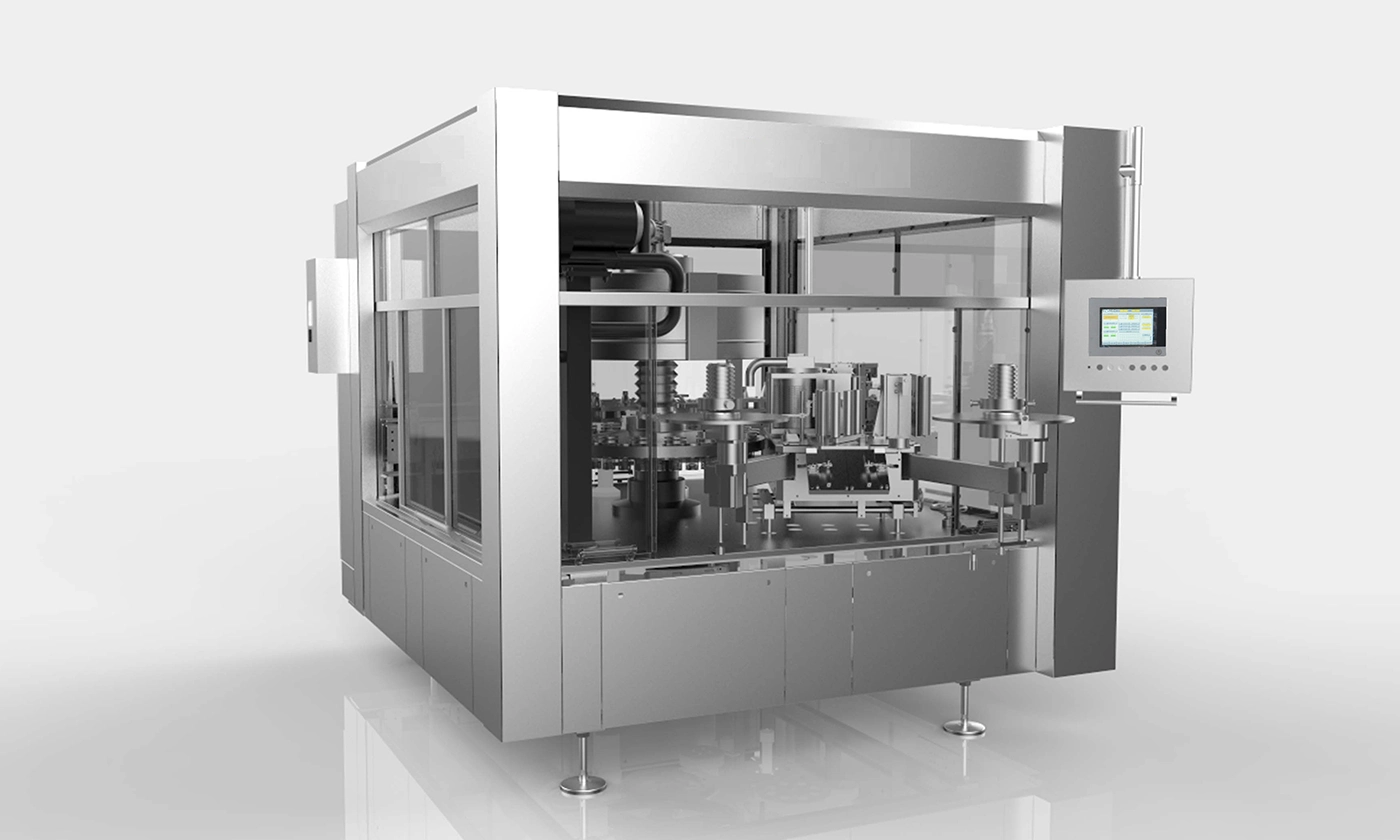
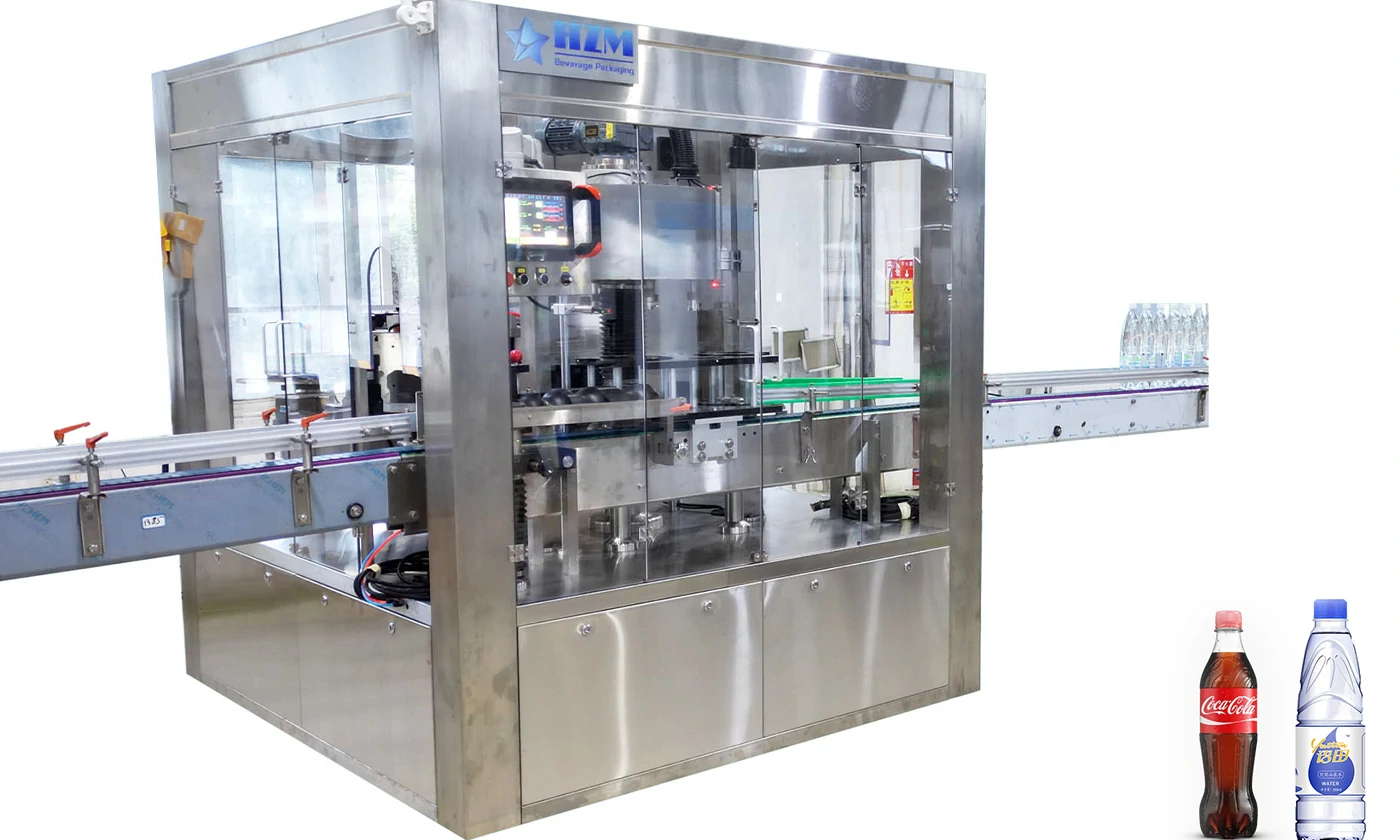
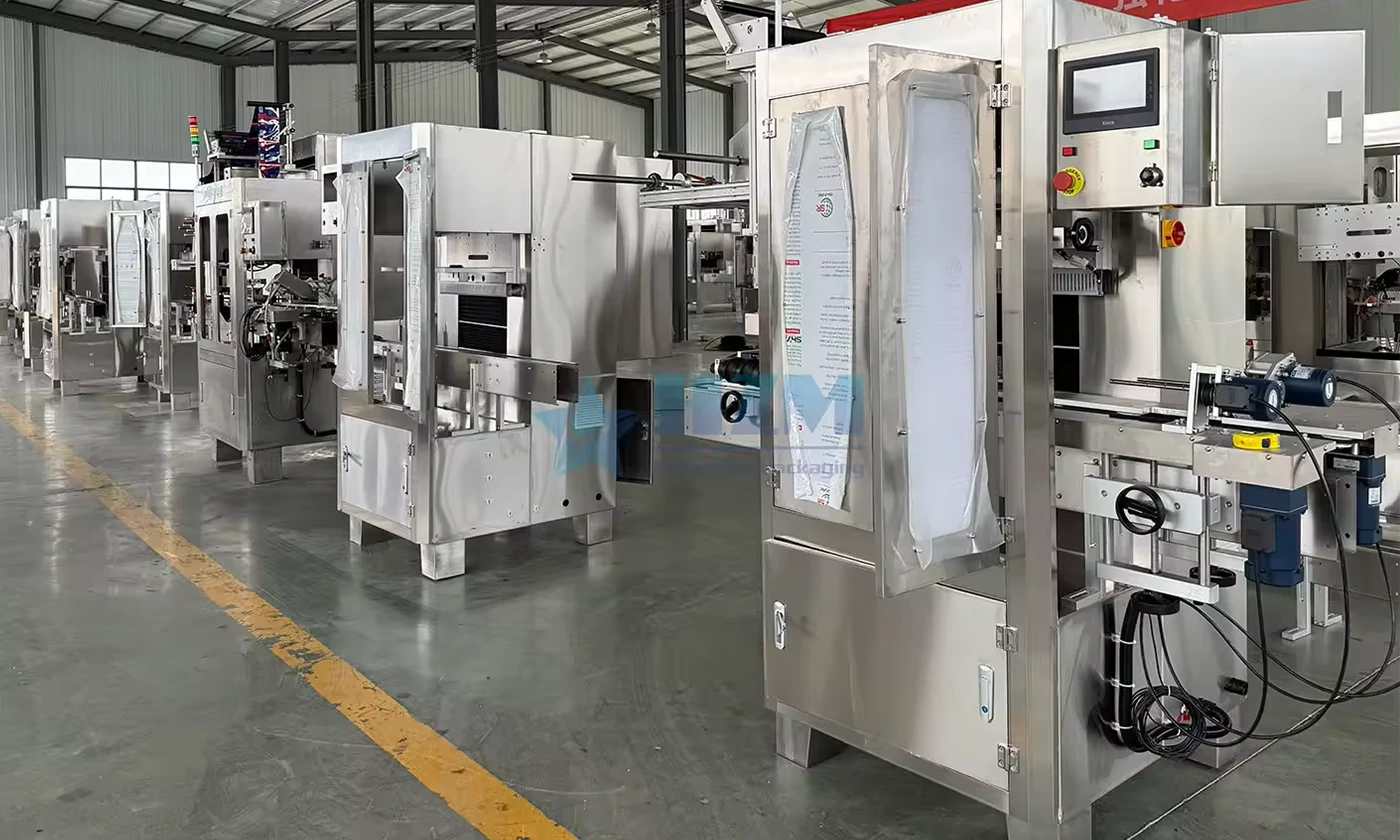
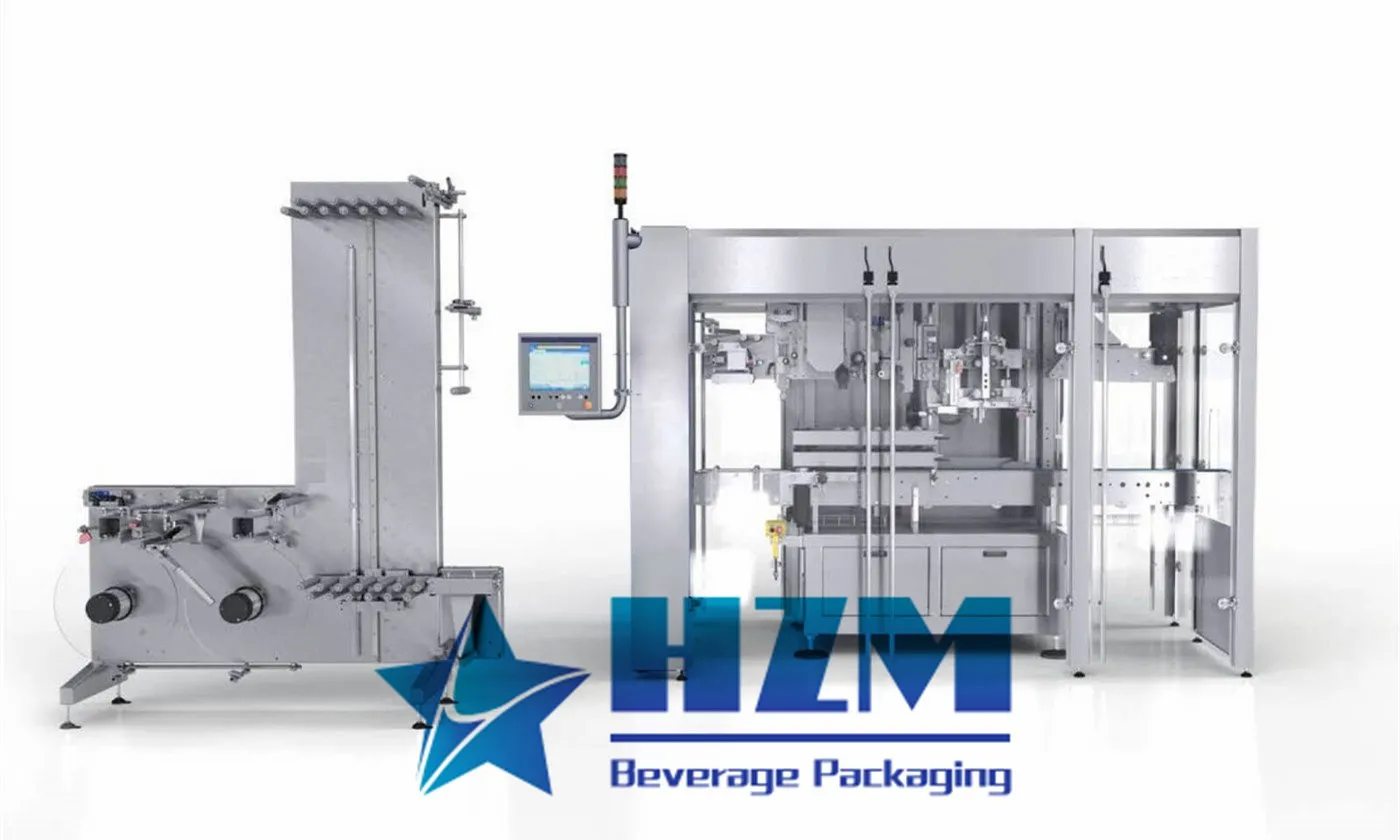
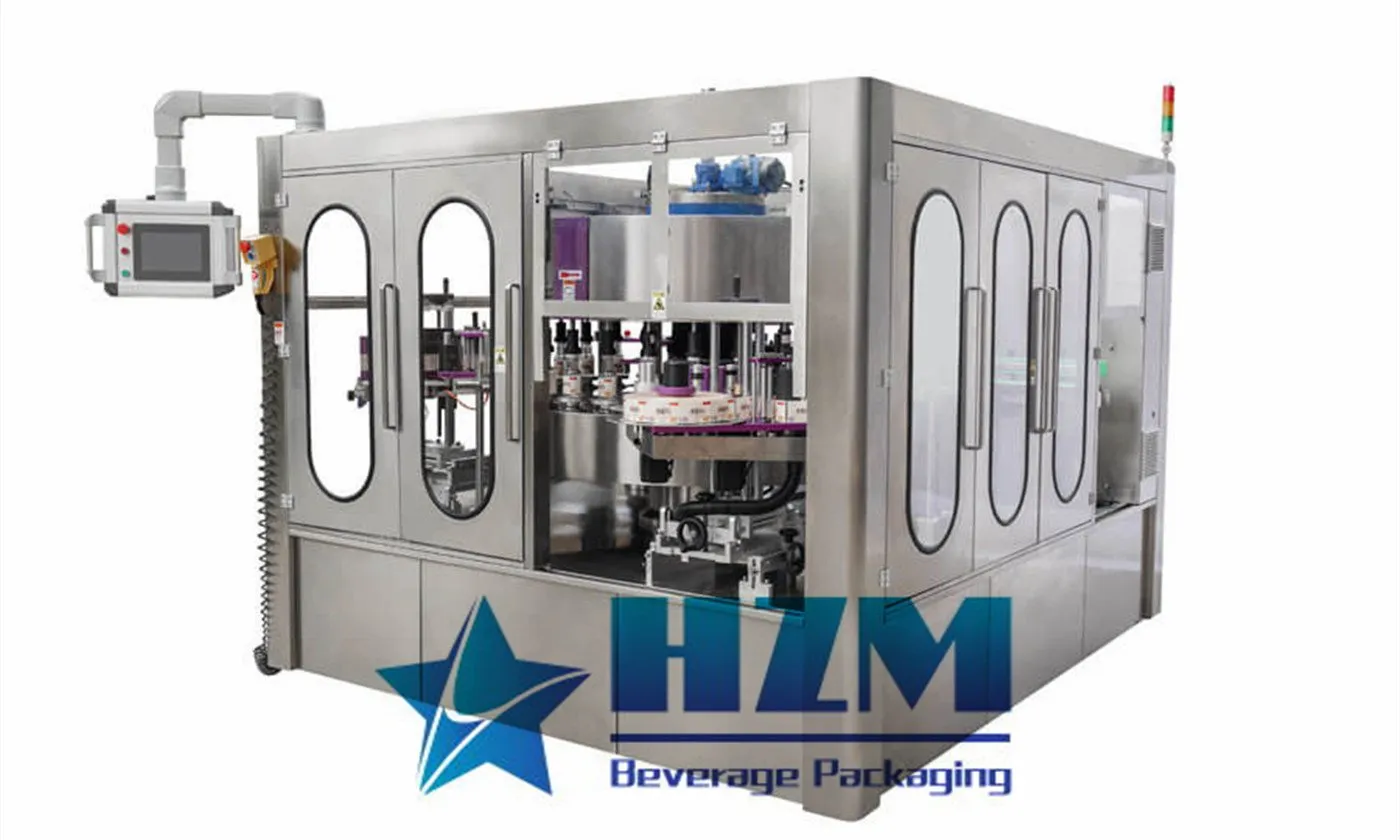
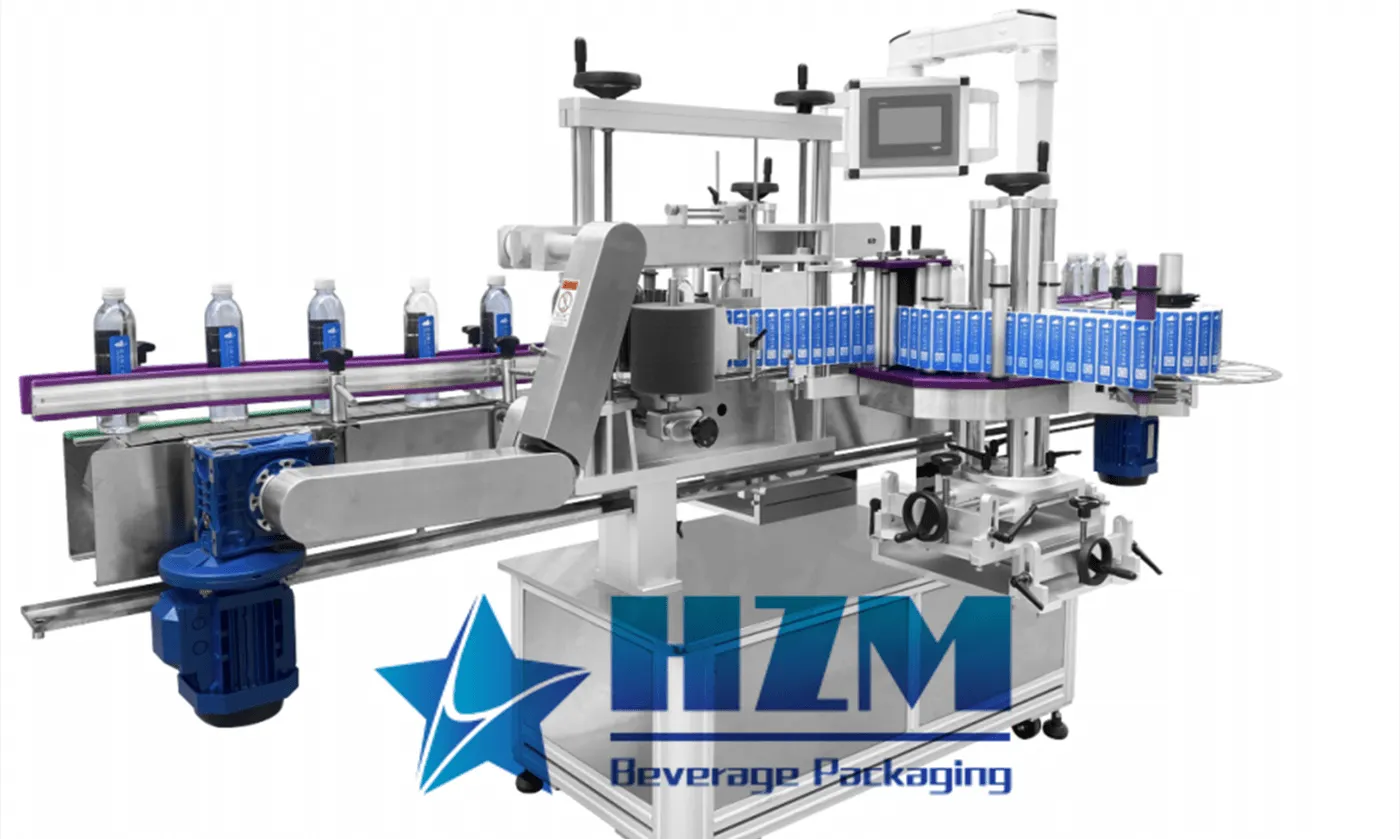
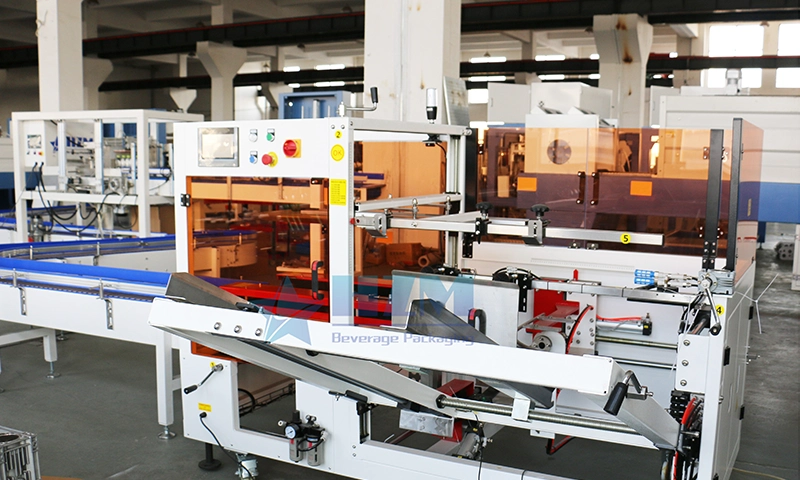
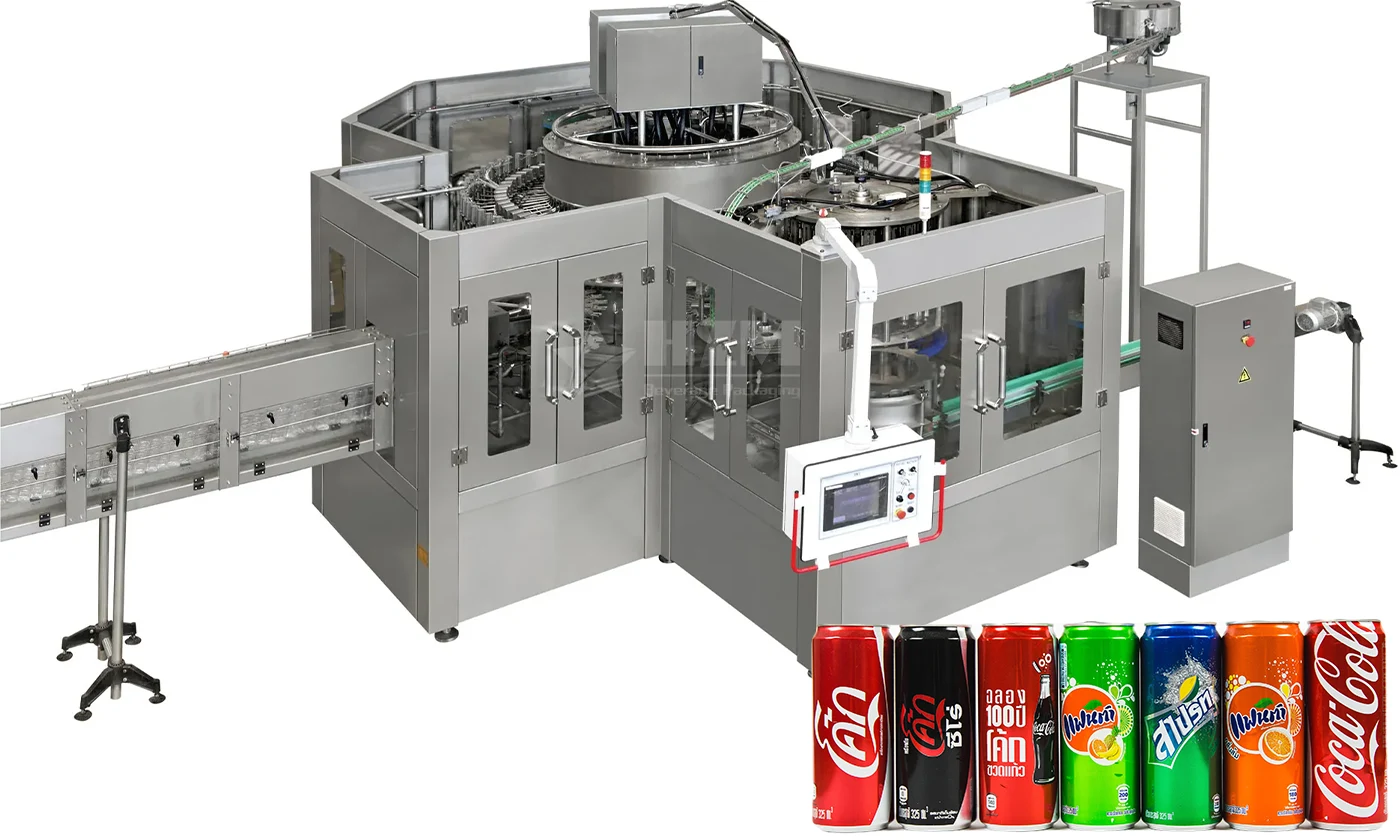
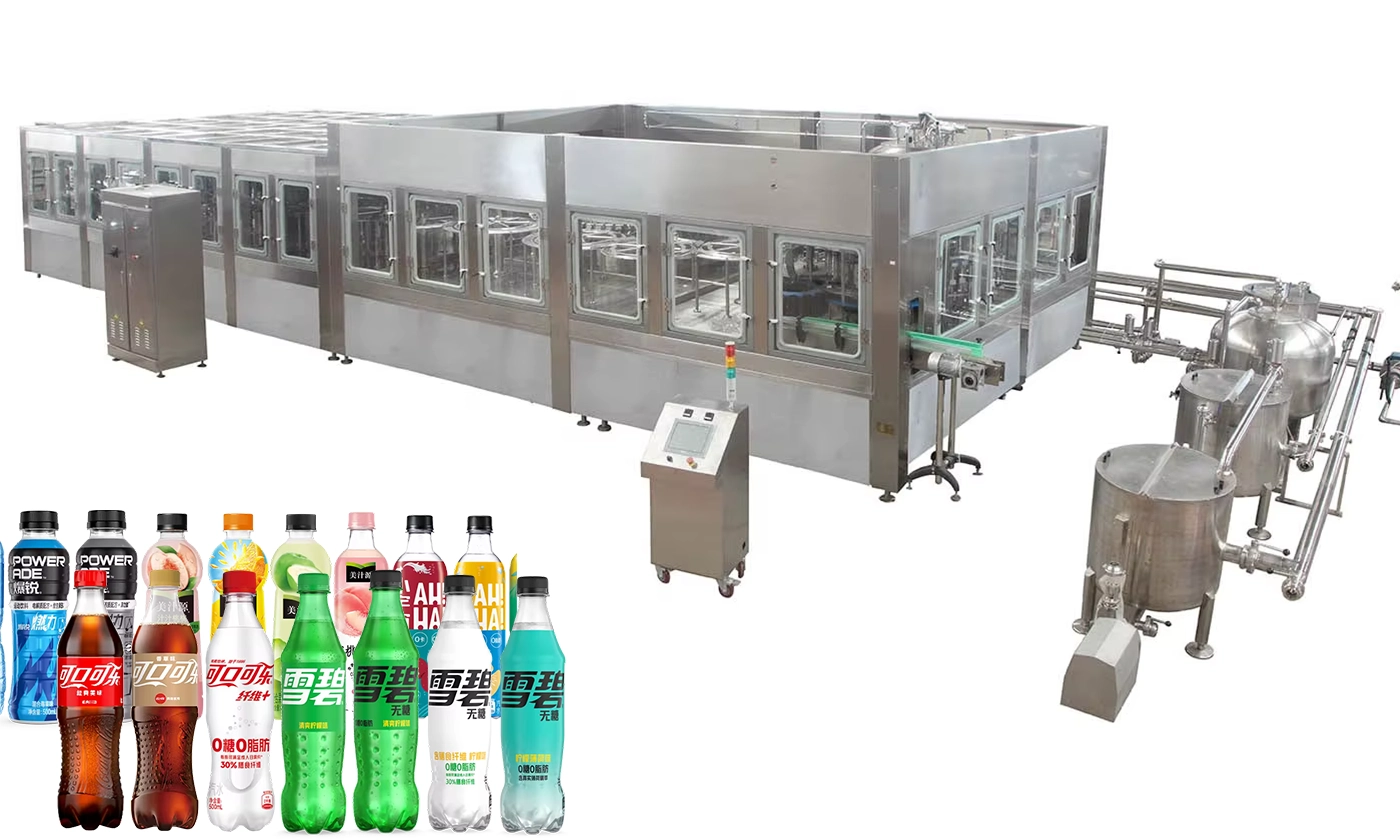
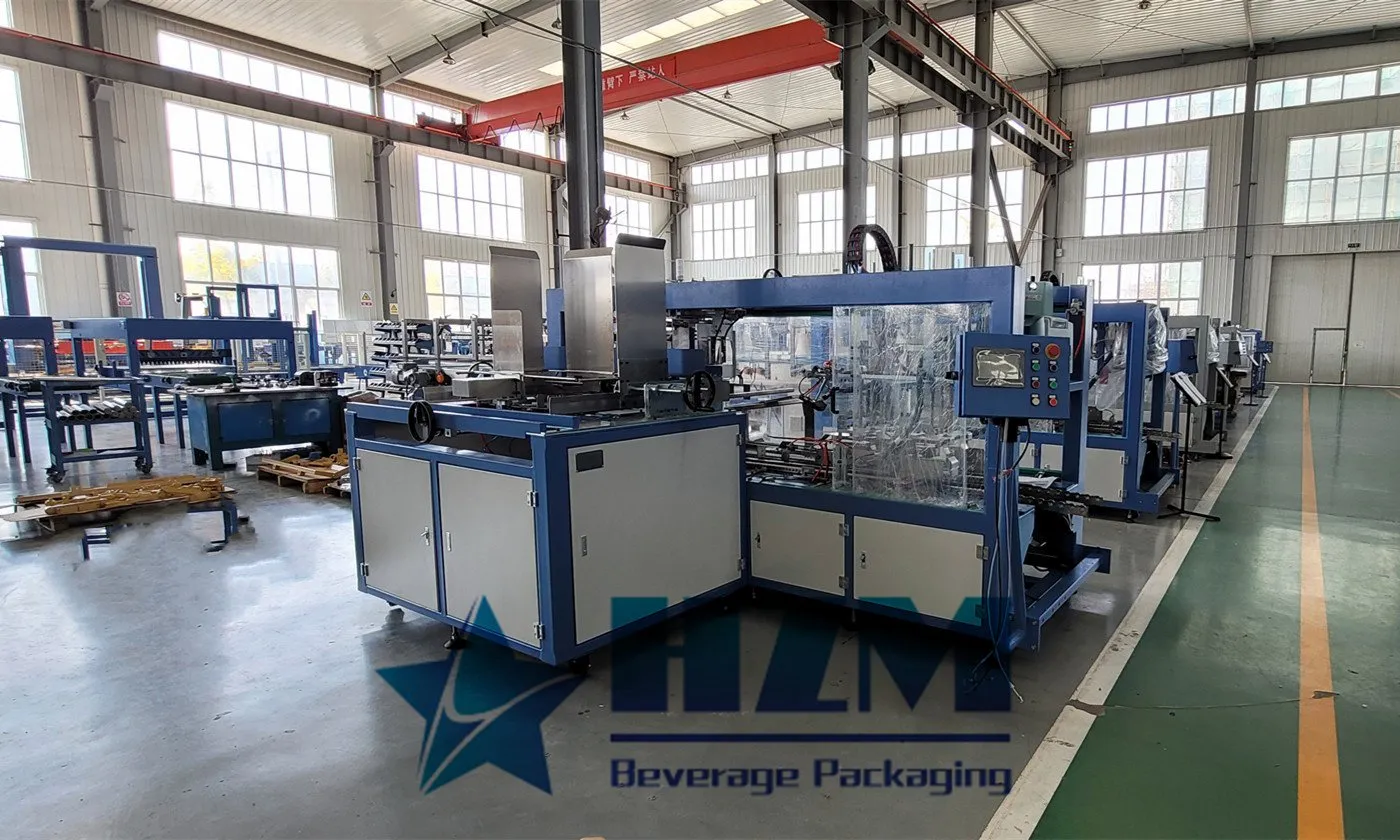
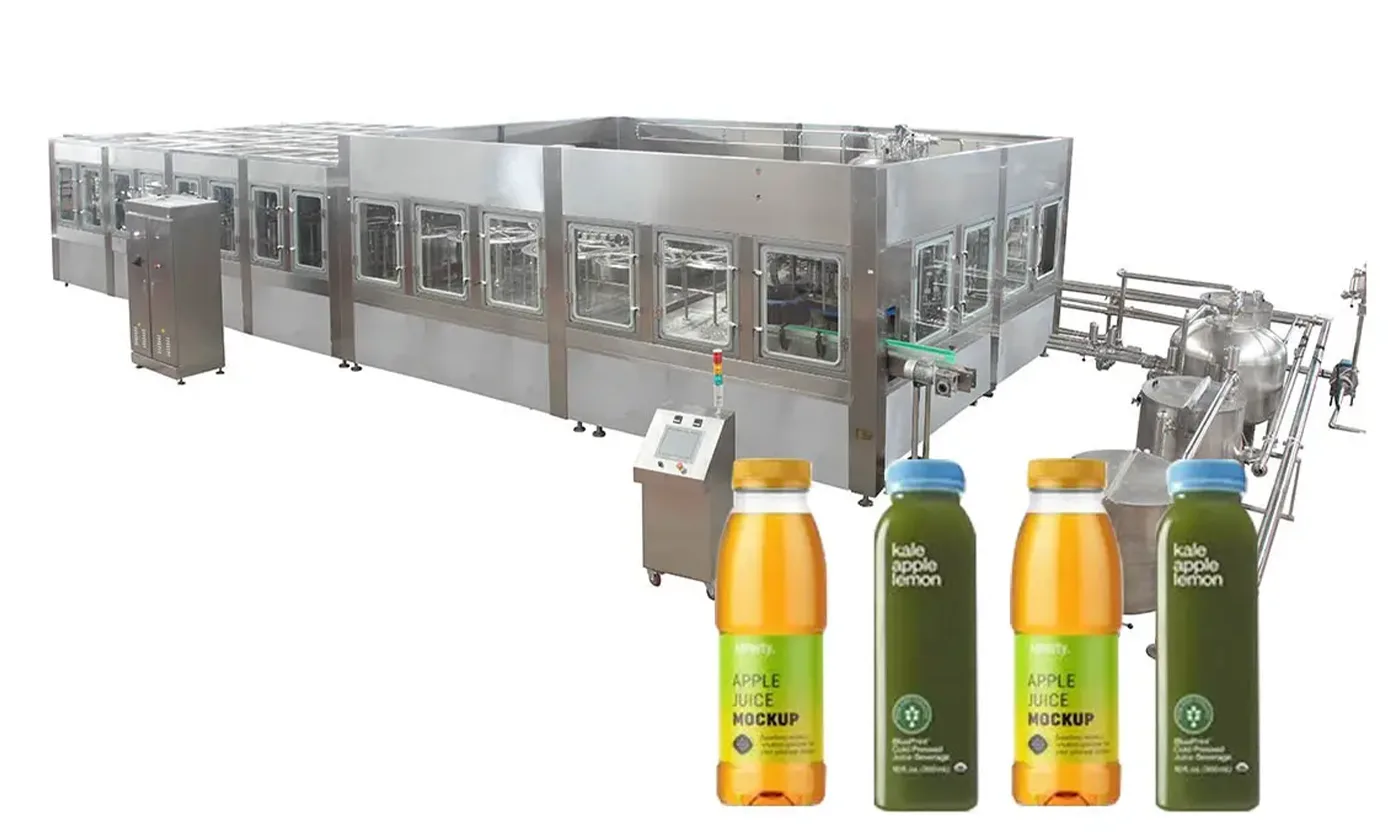
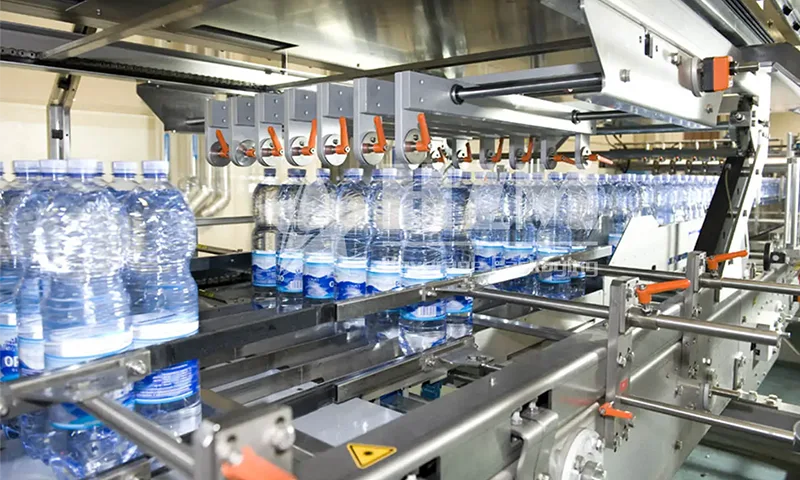
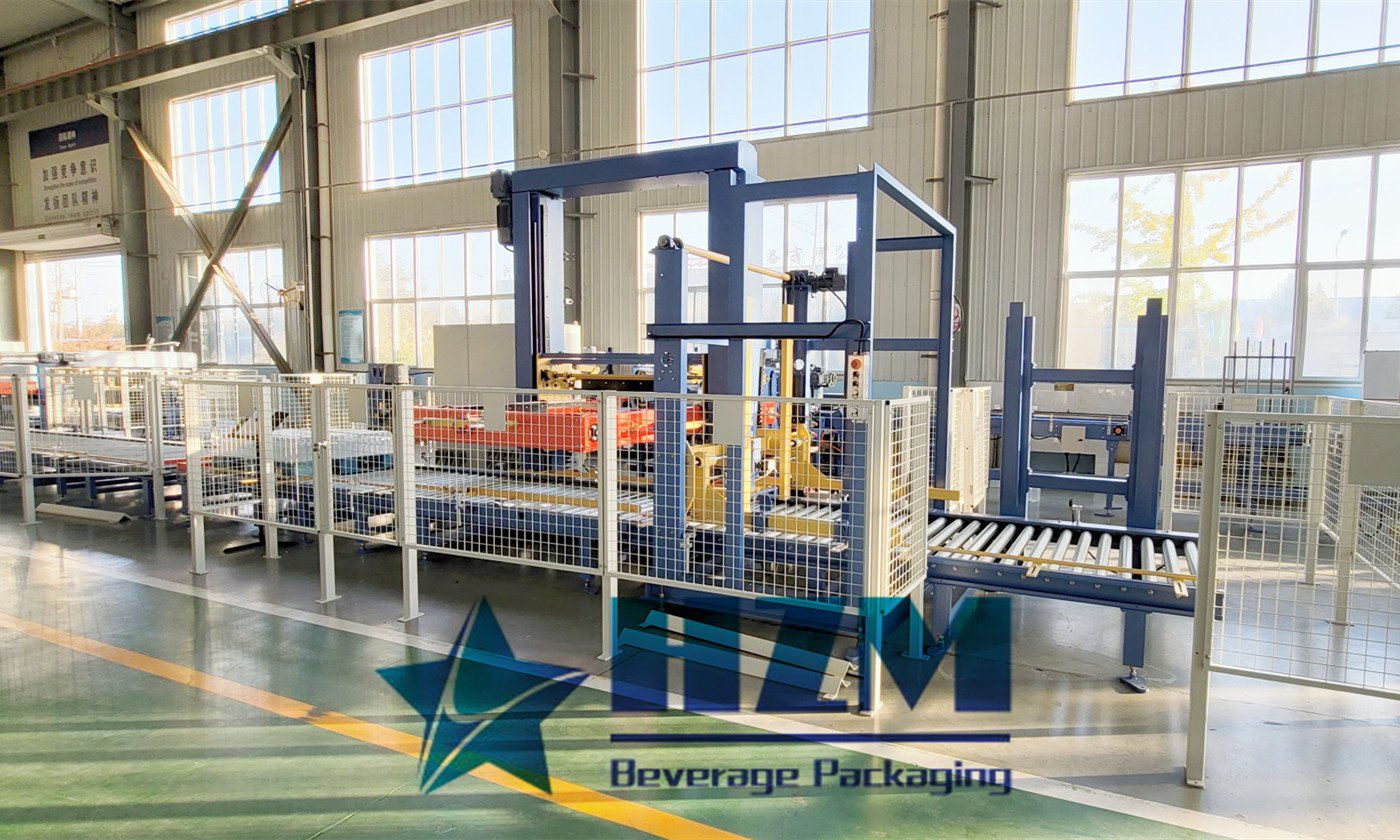
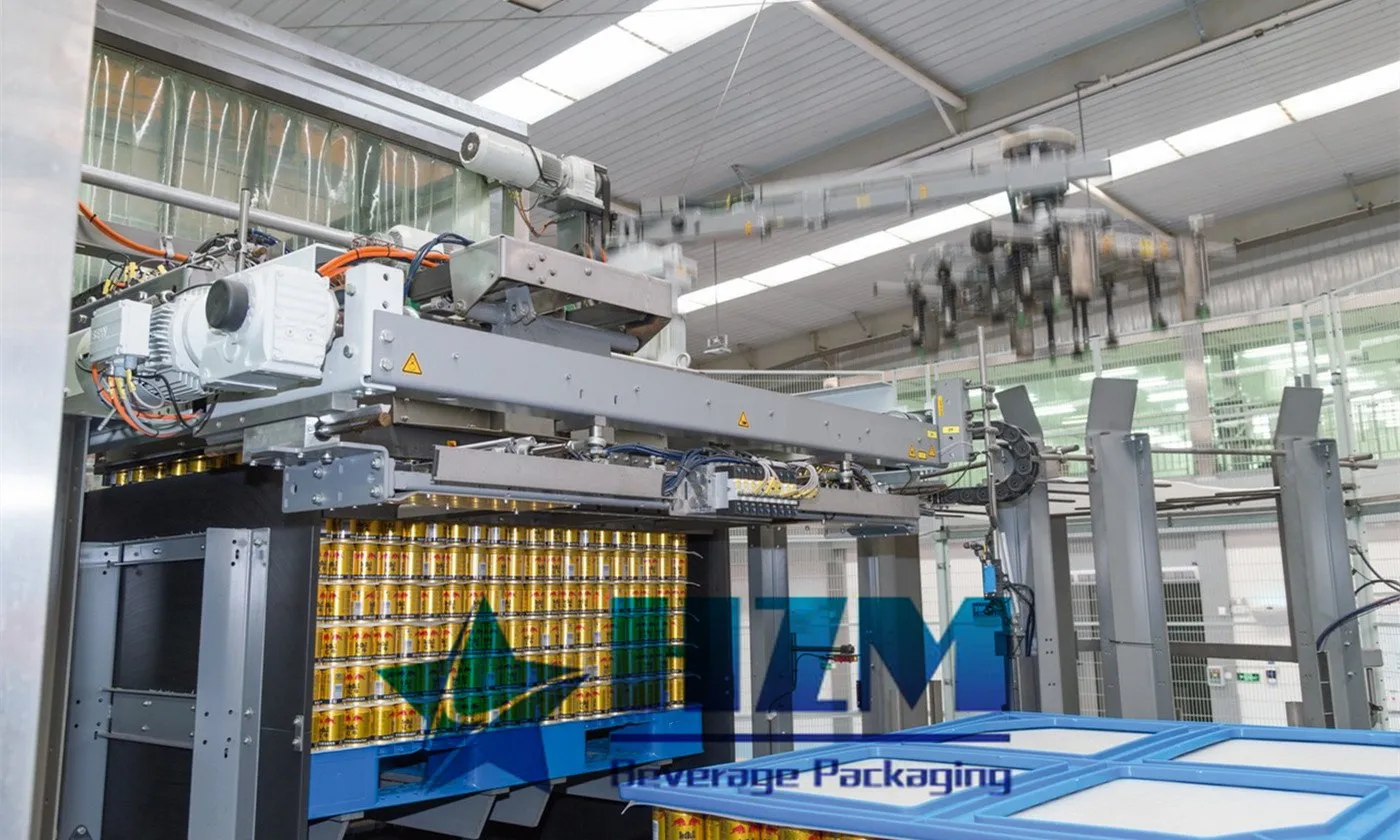
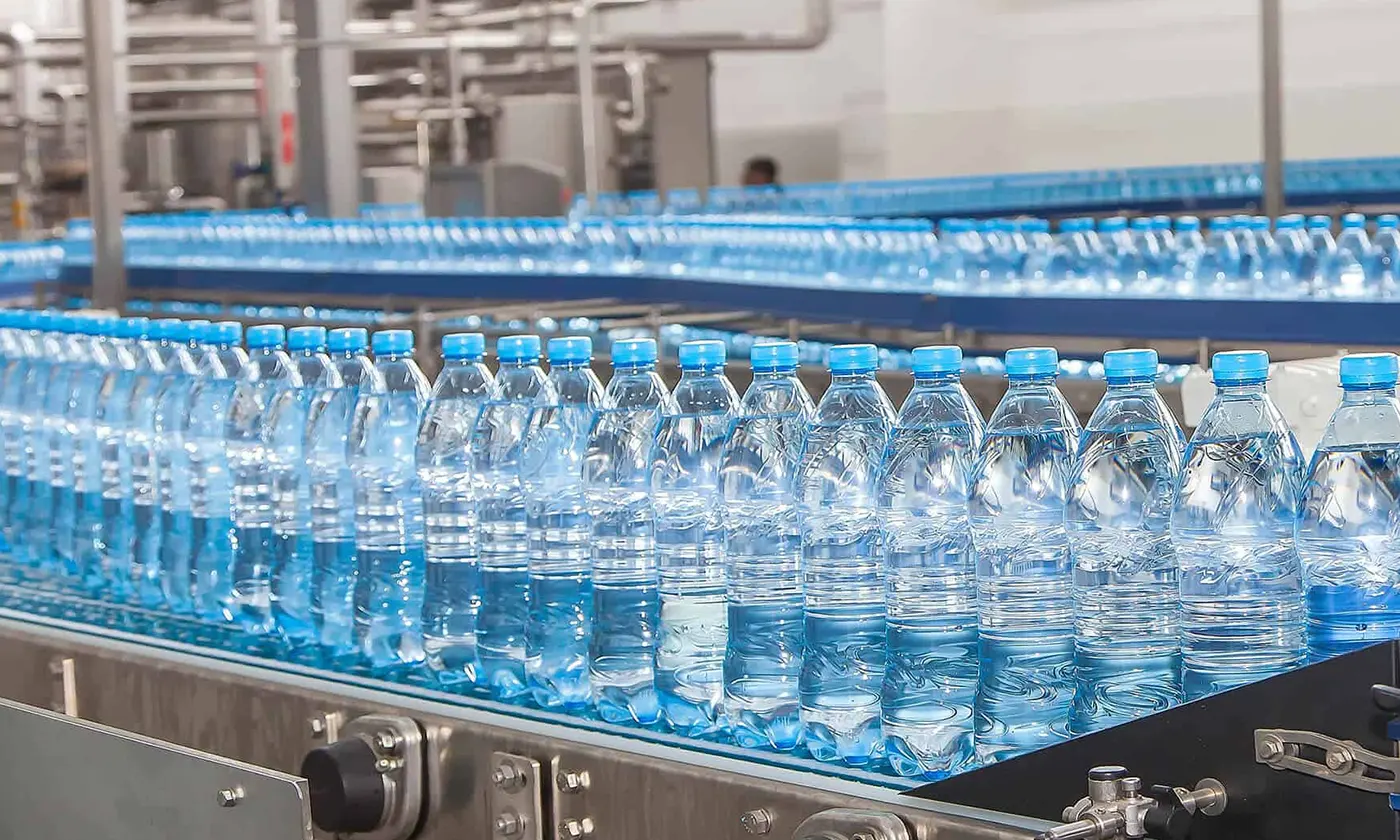
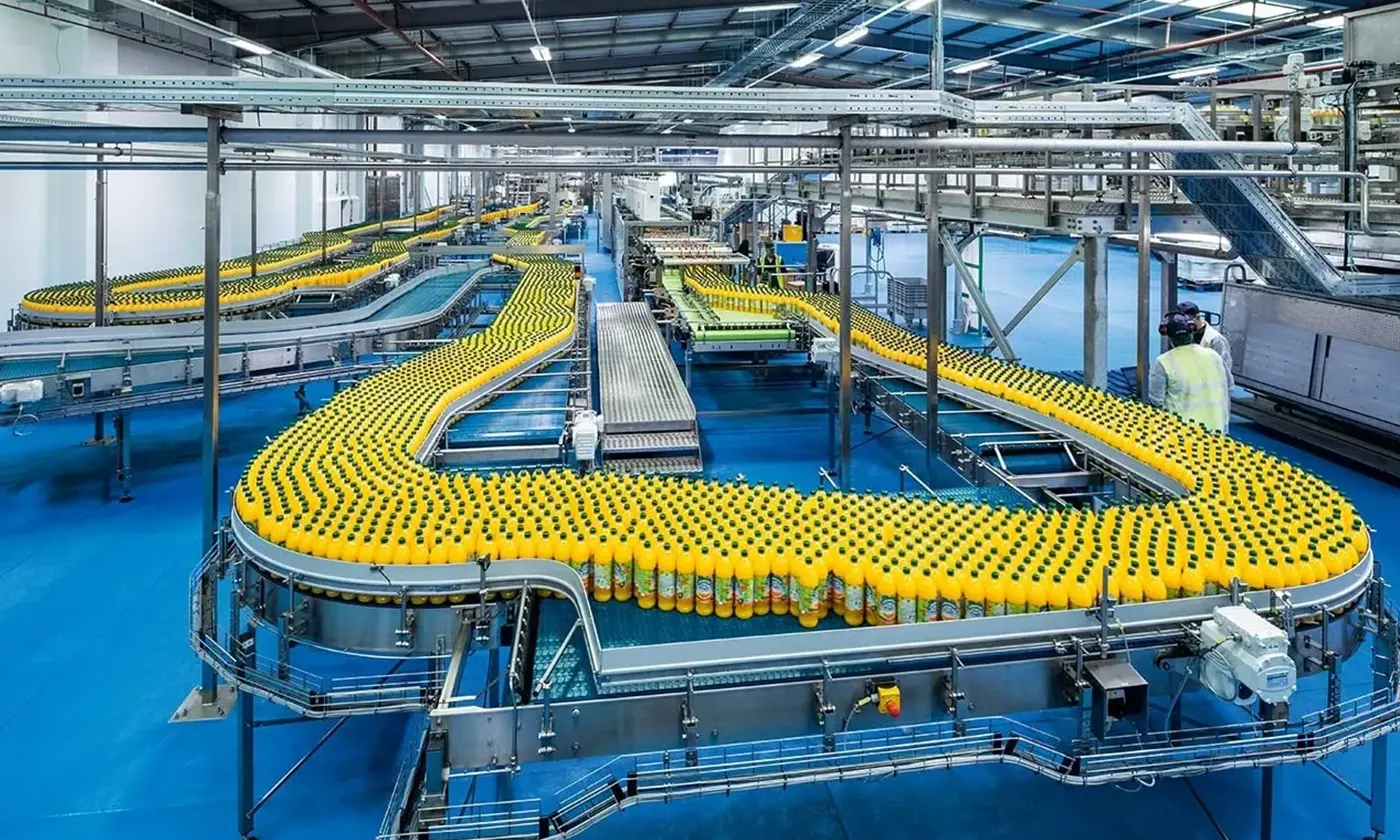
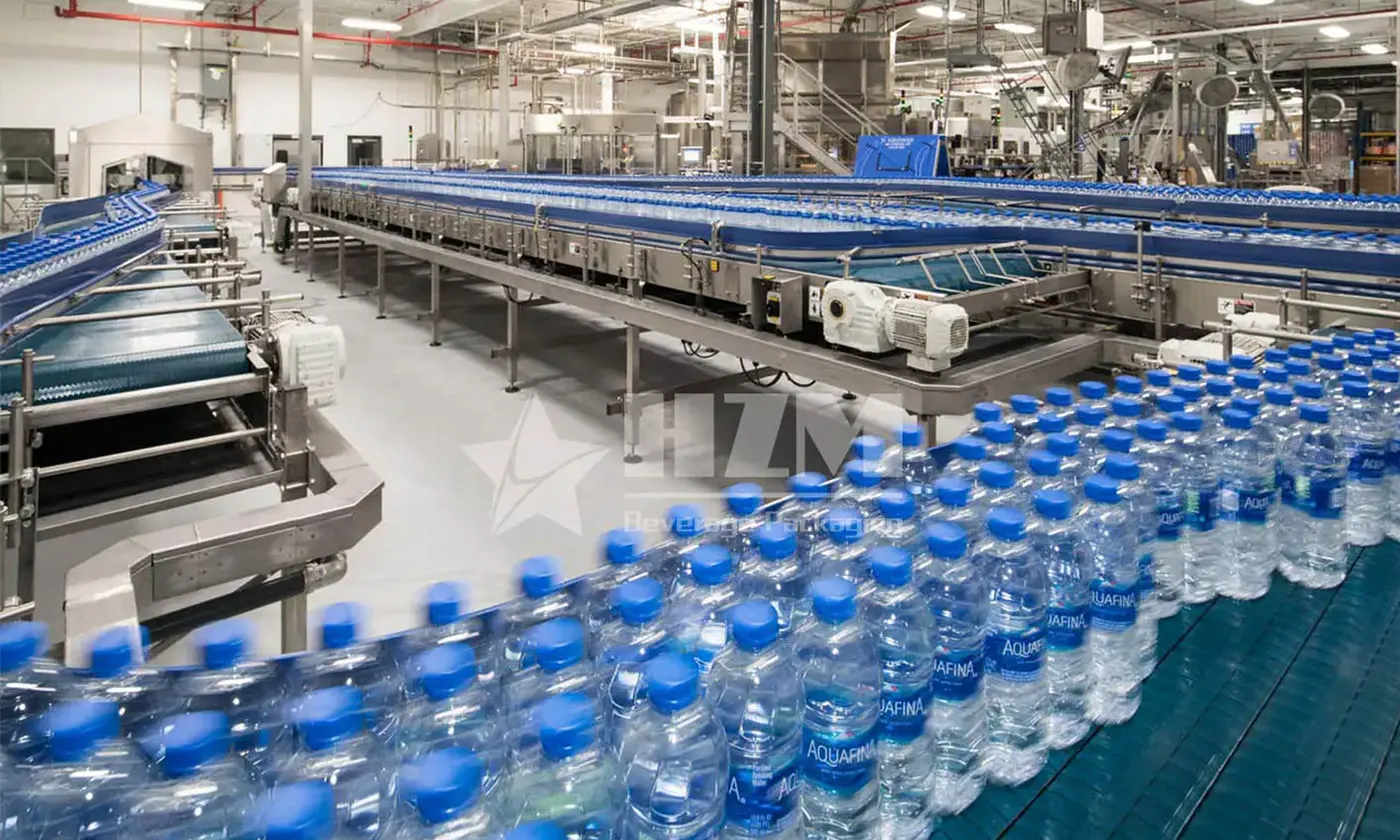
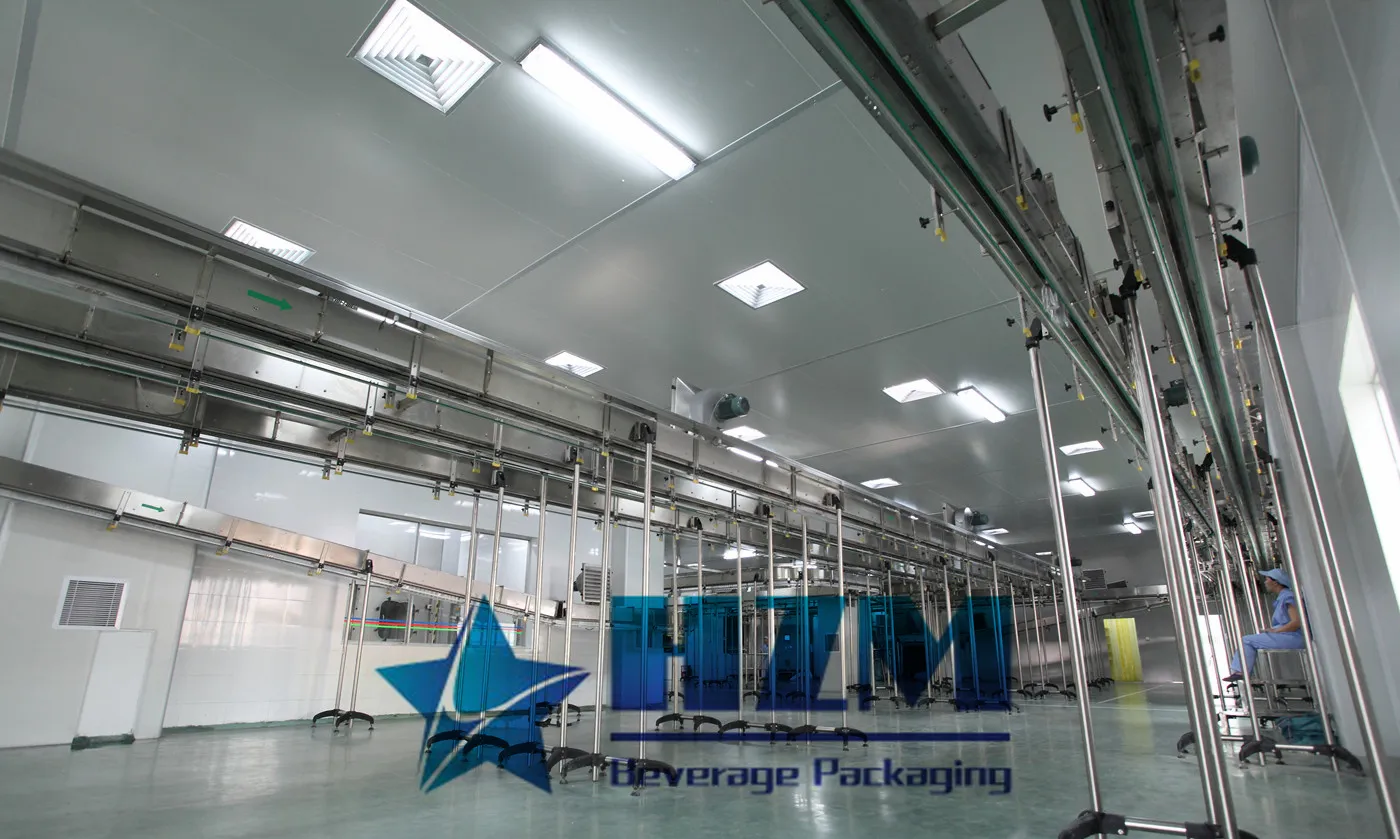
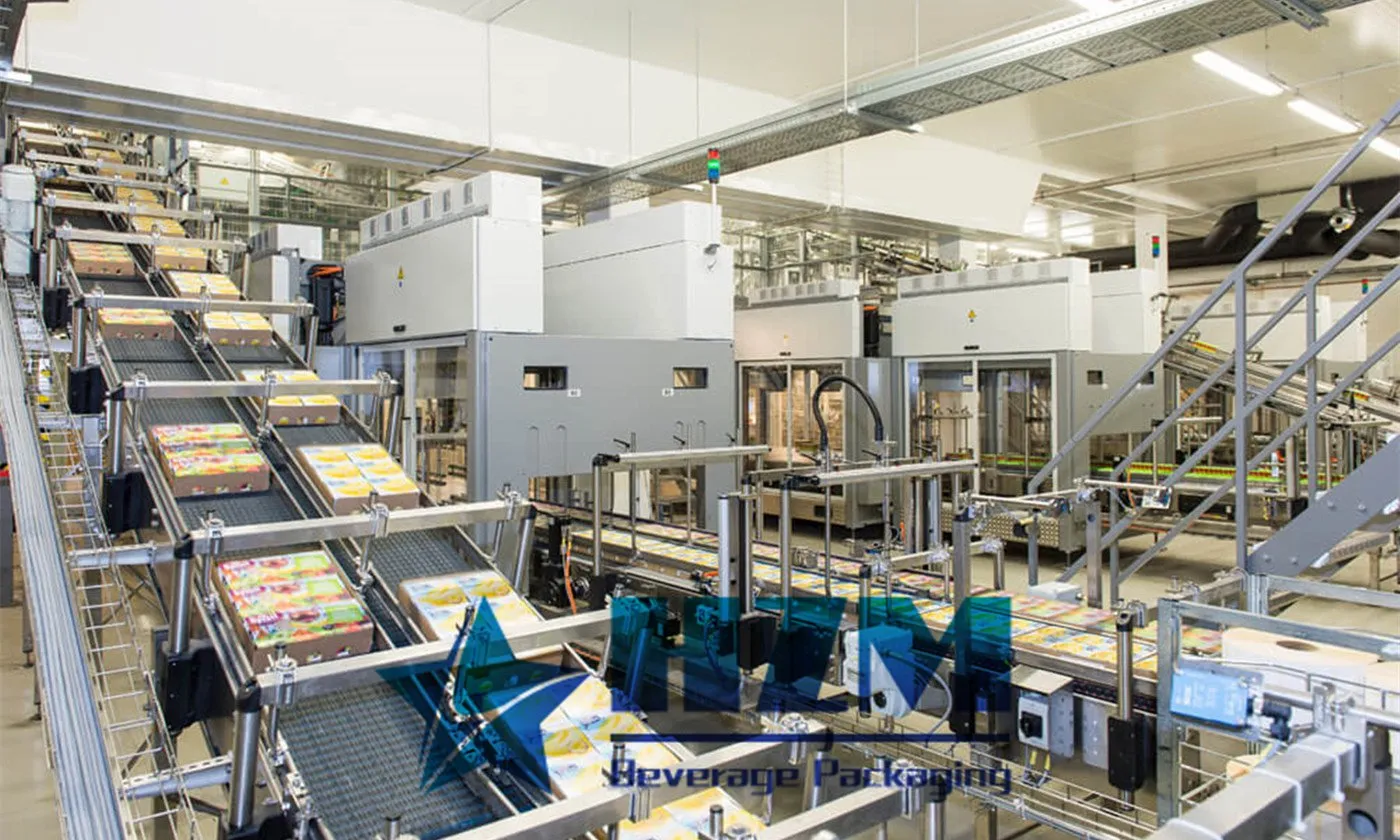
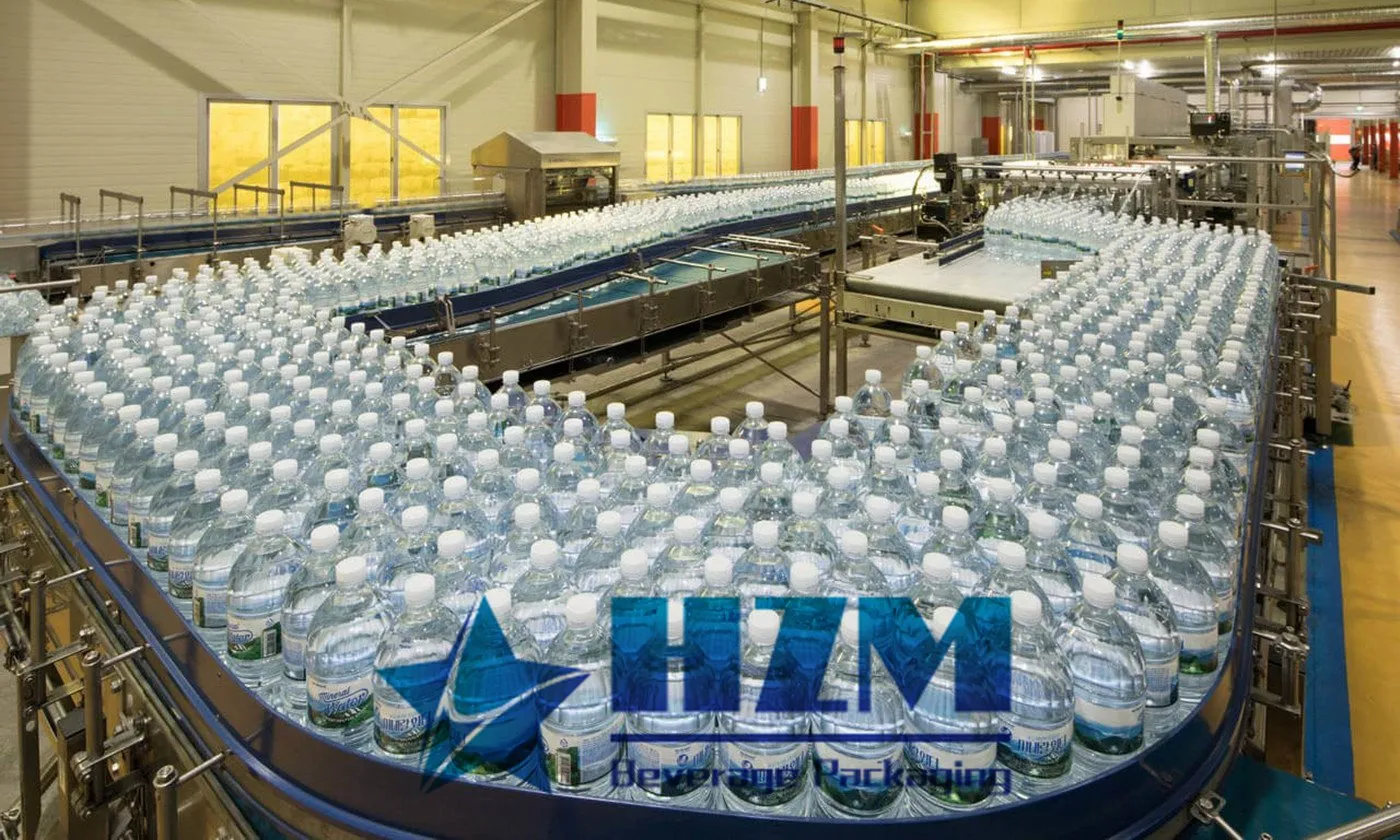
 Home /
Home / 